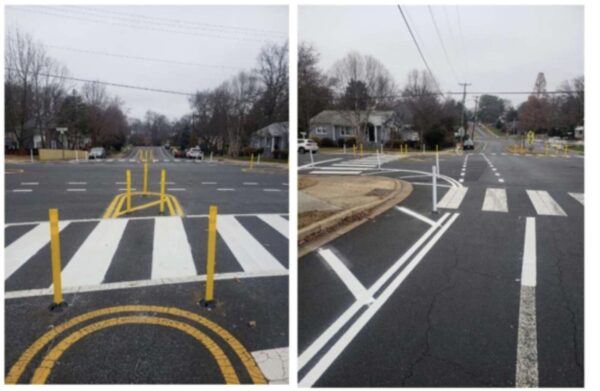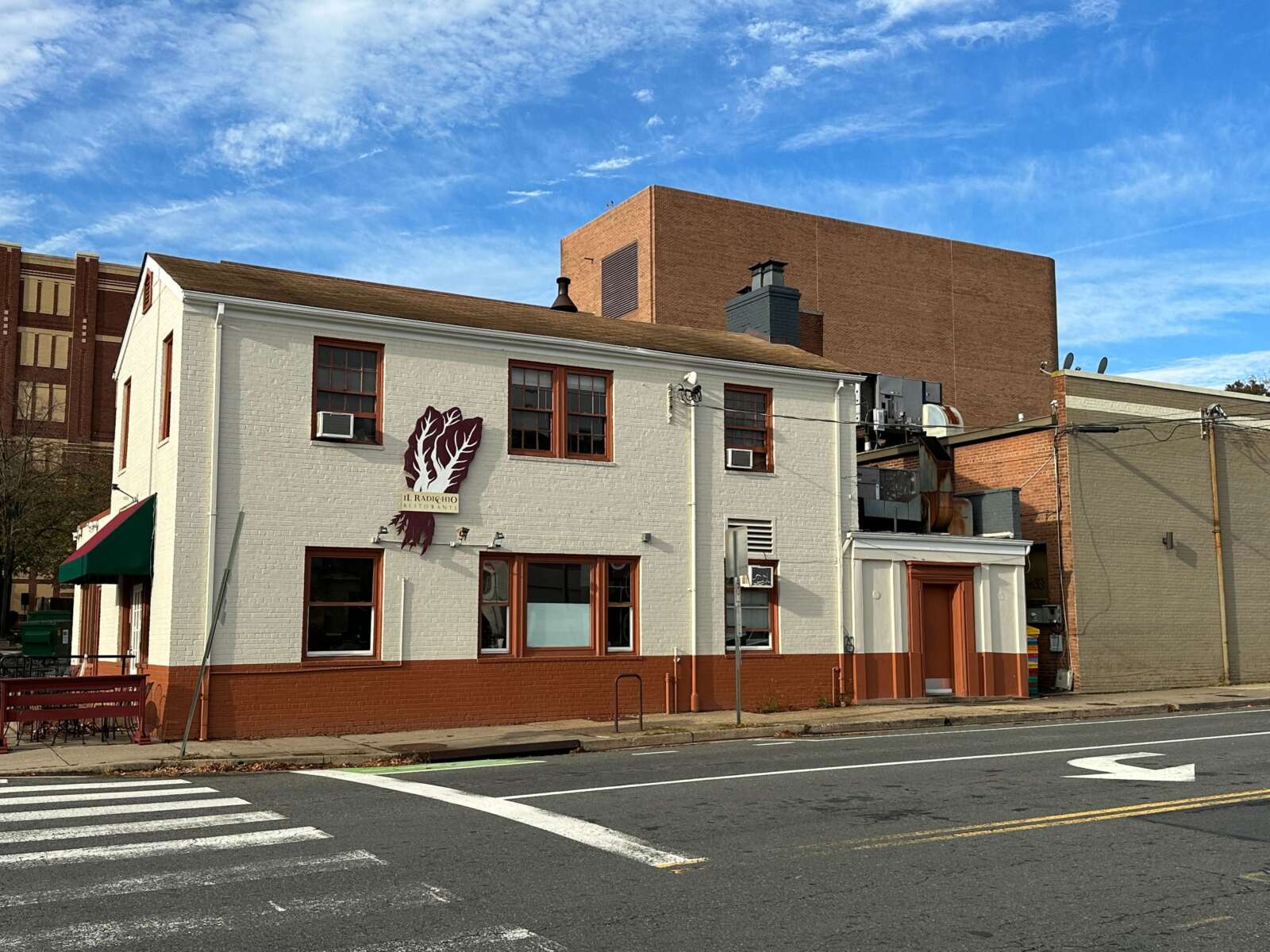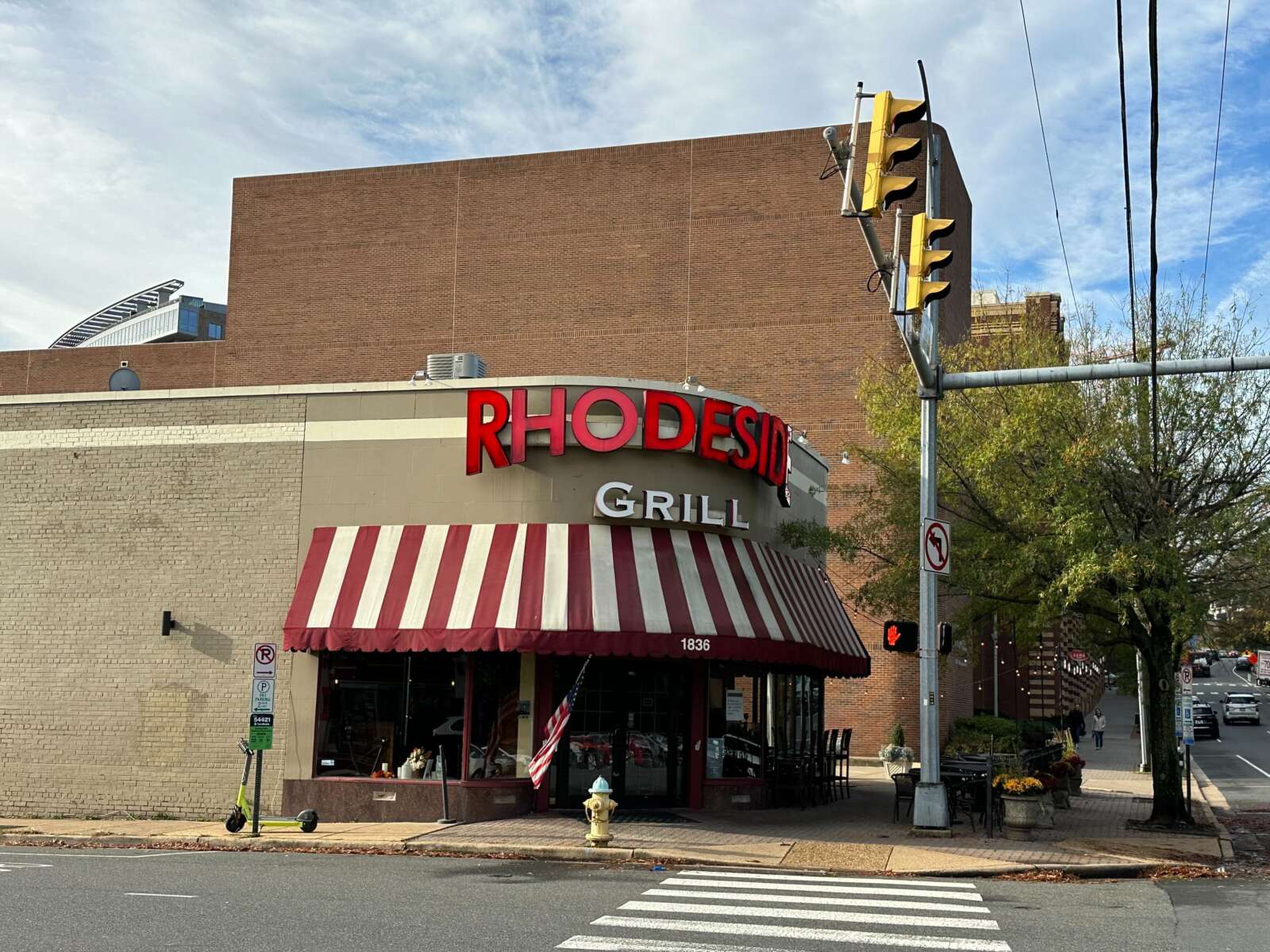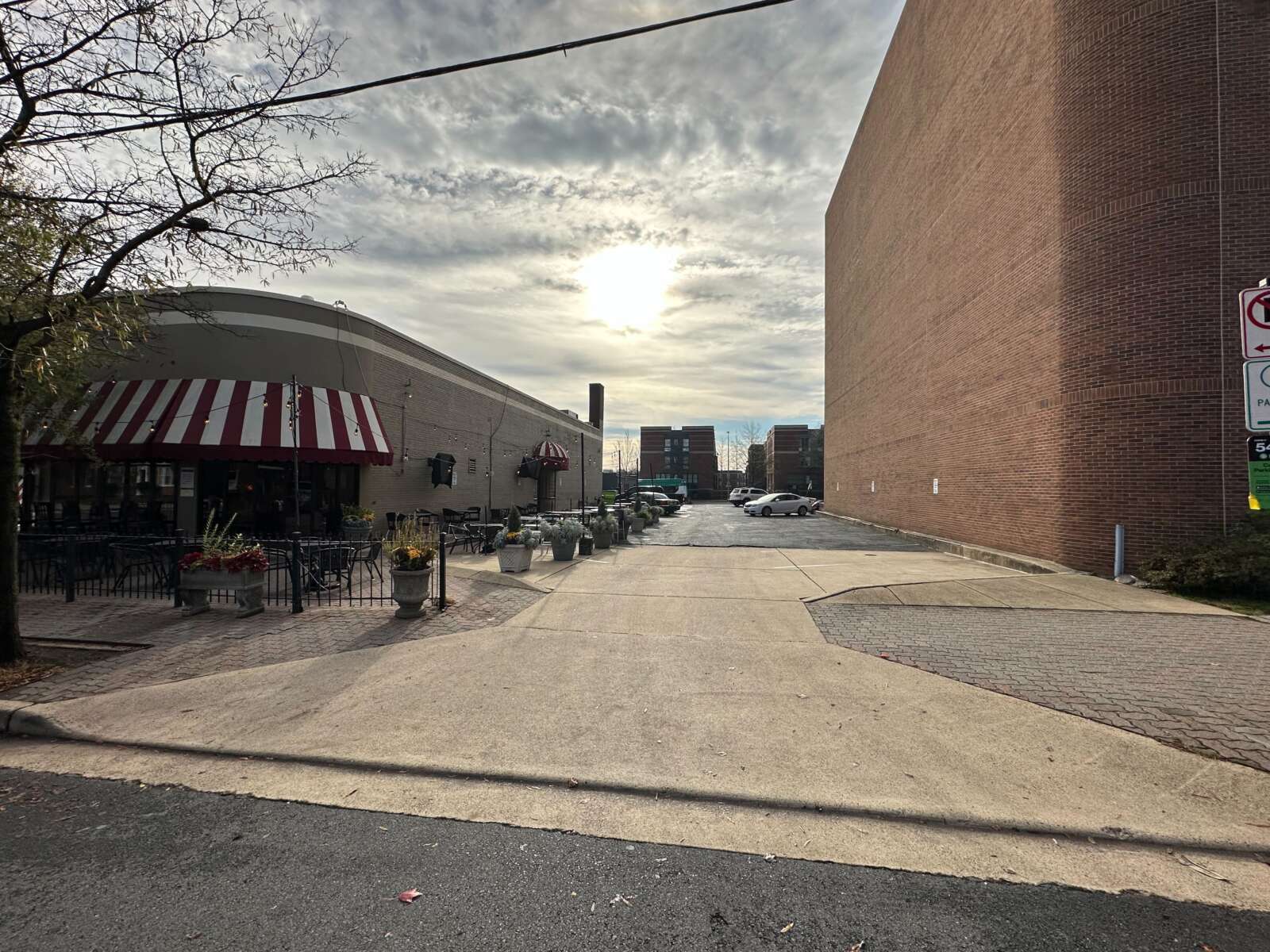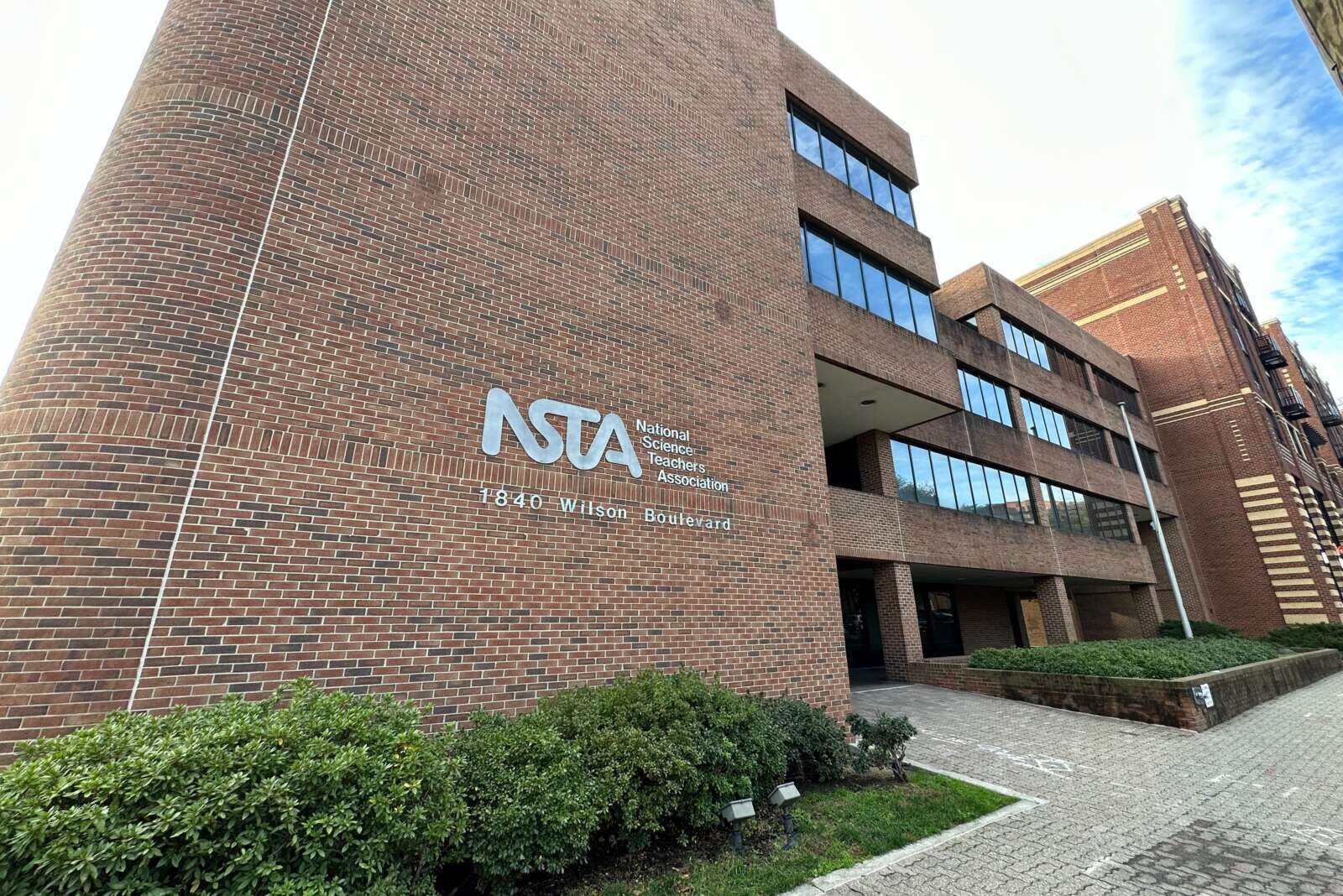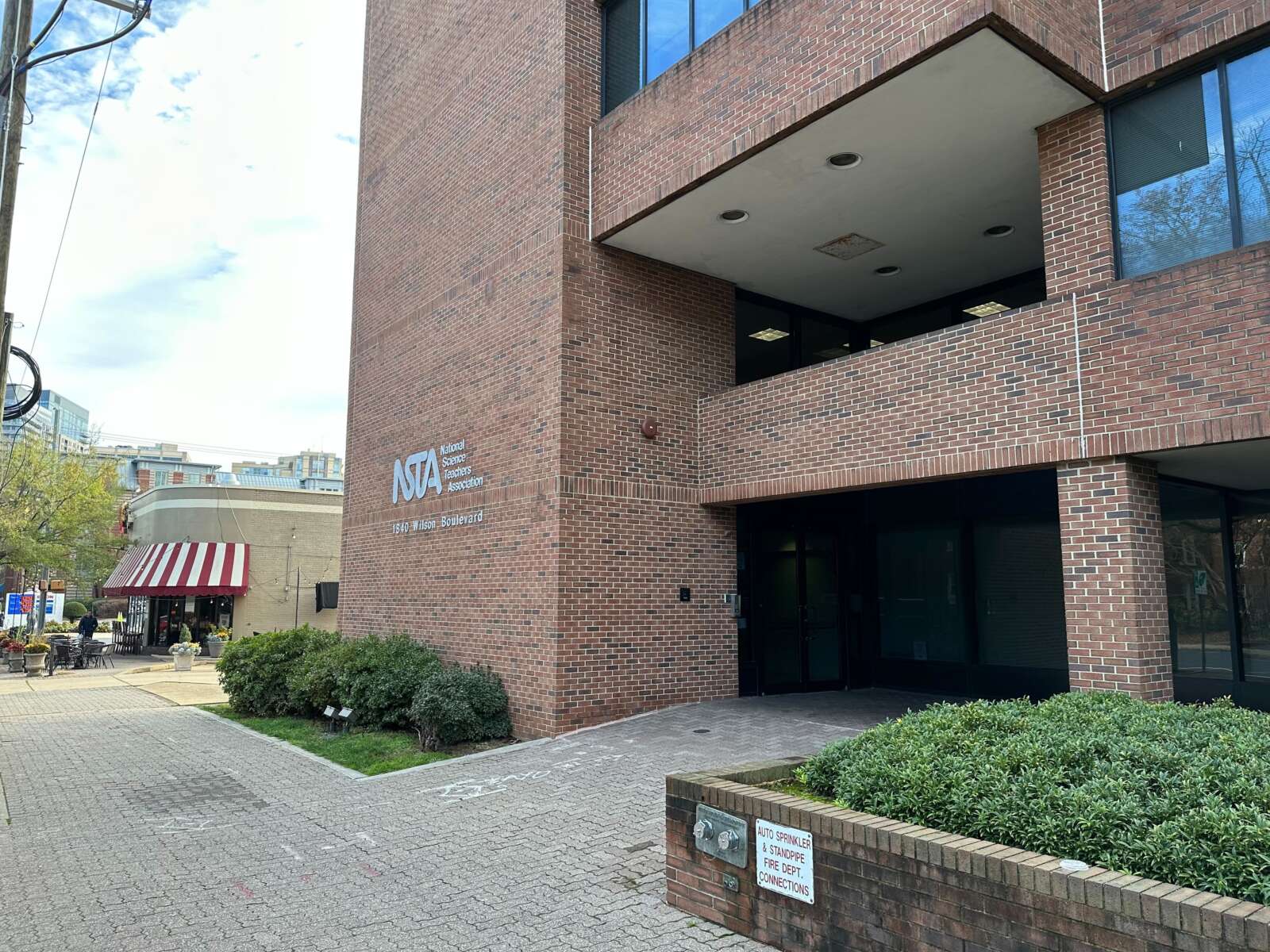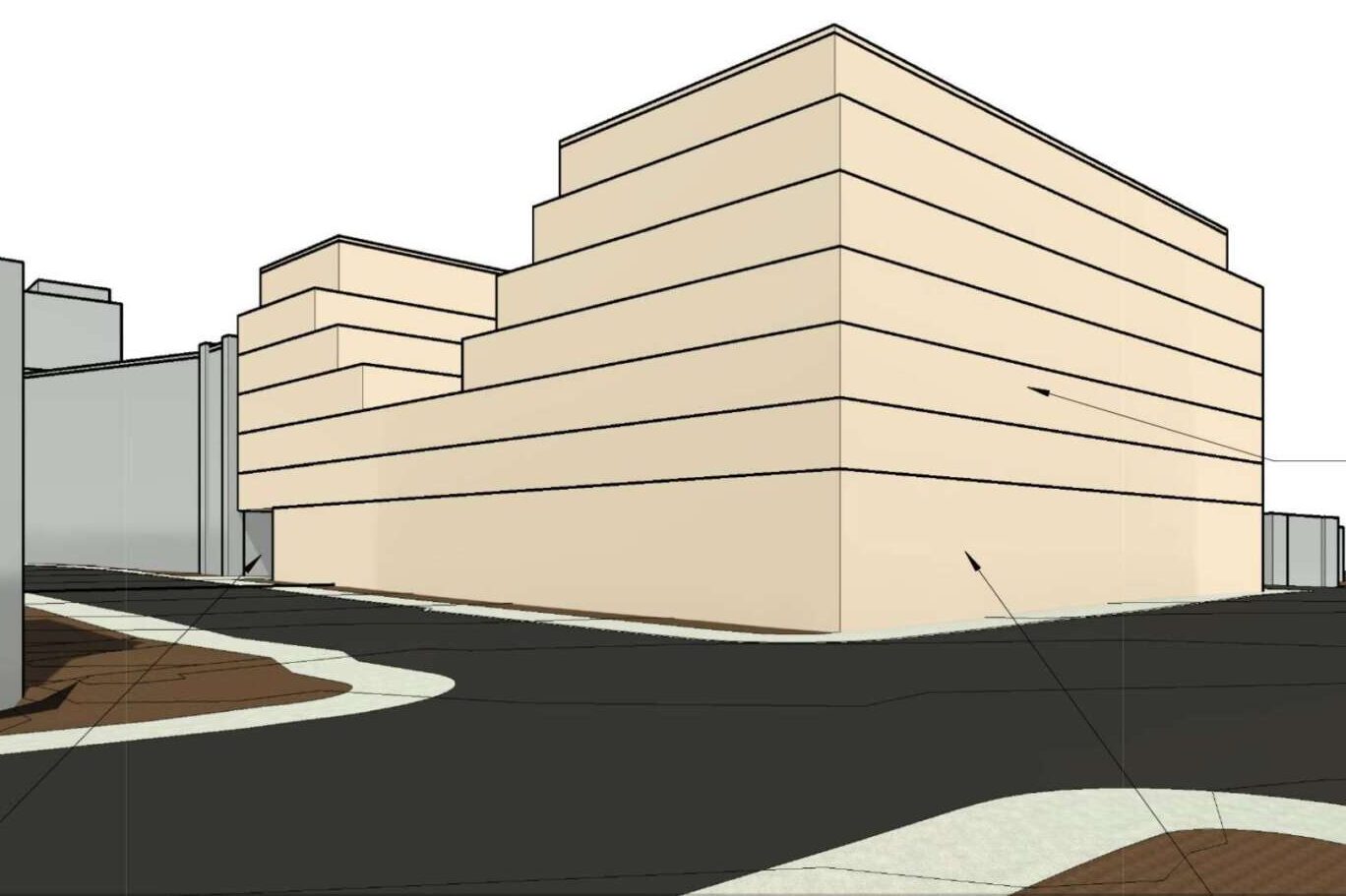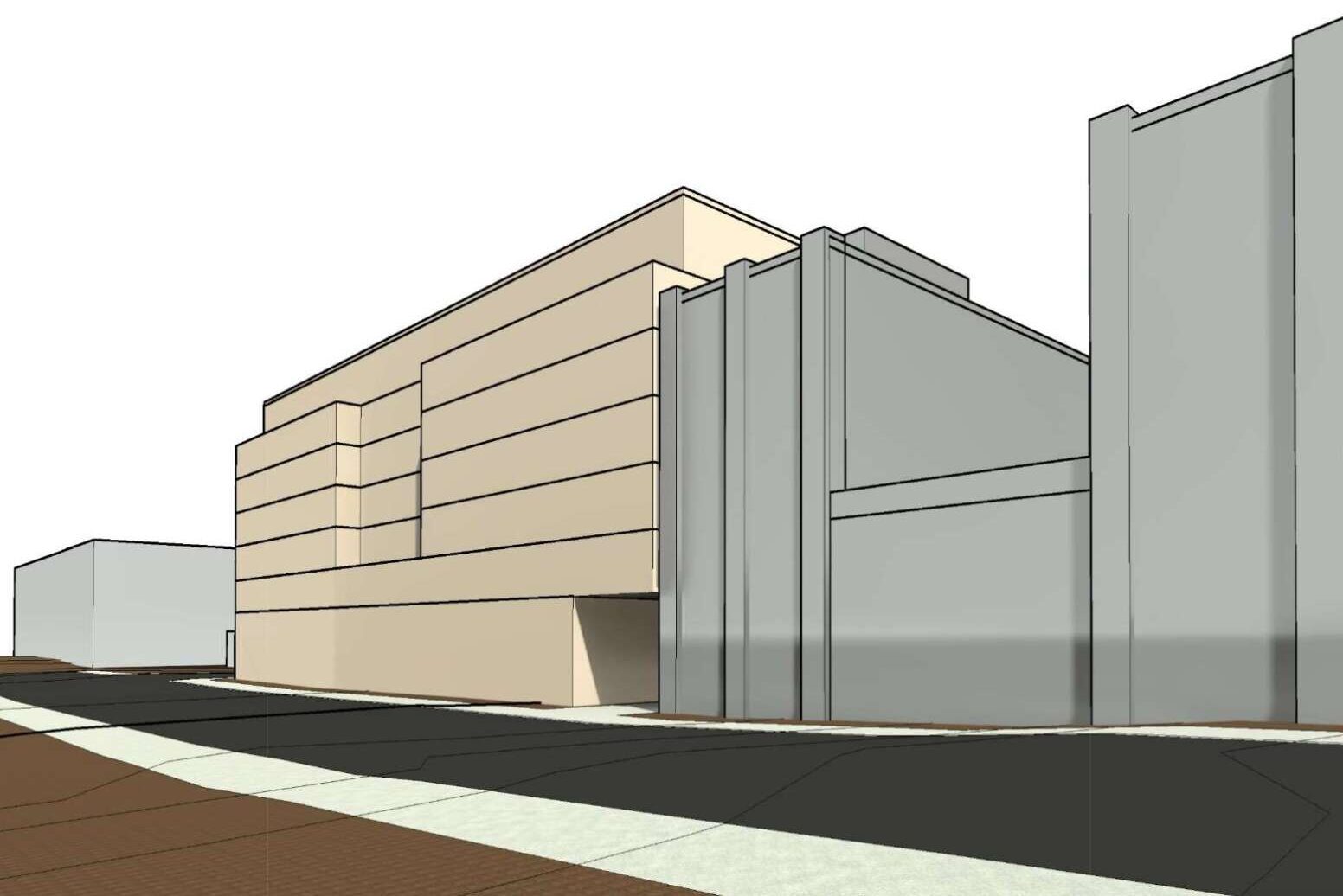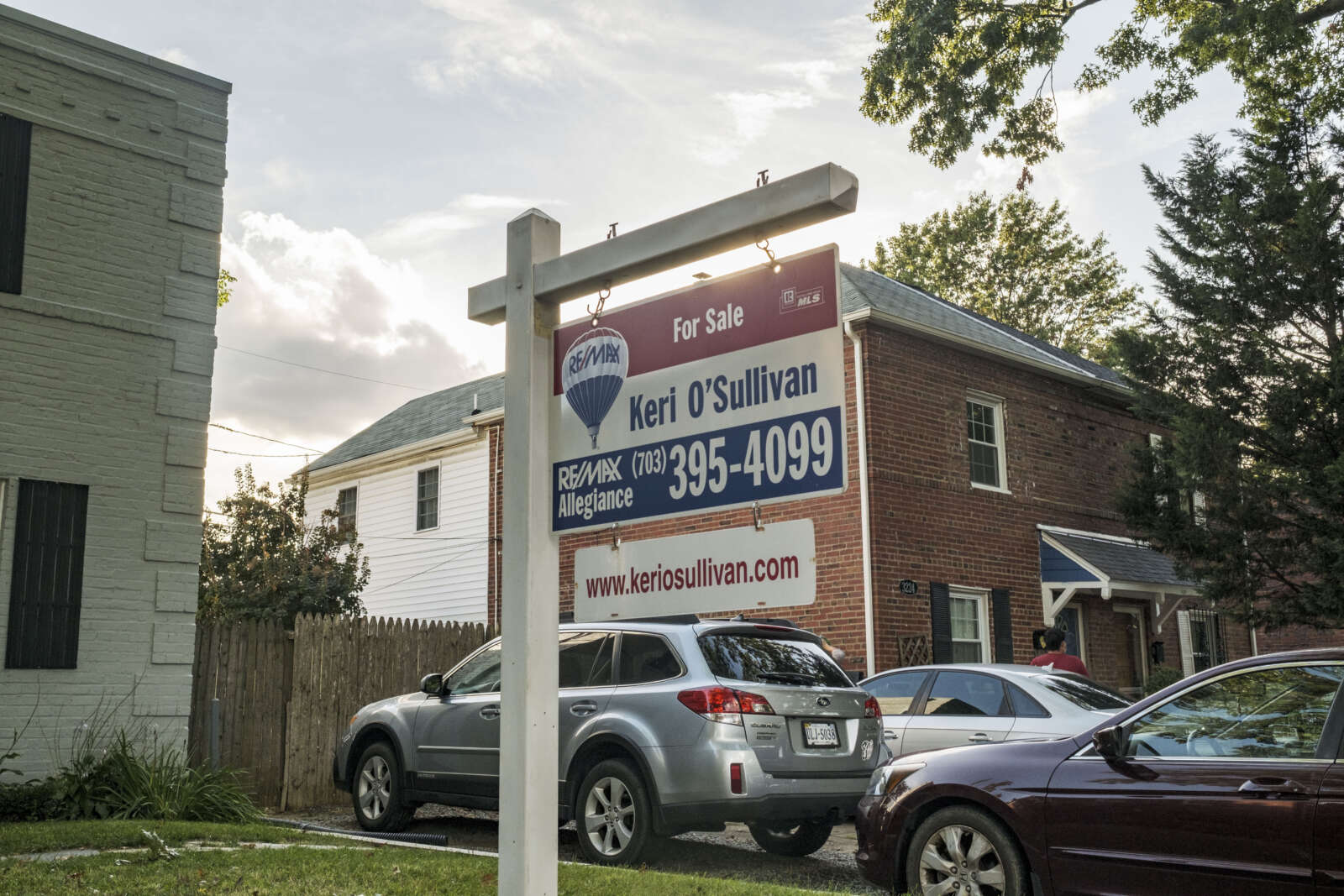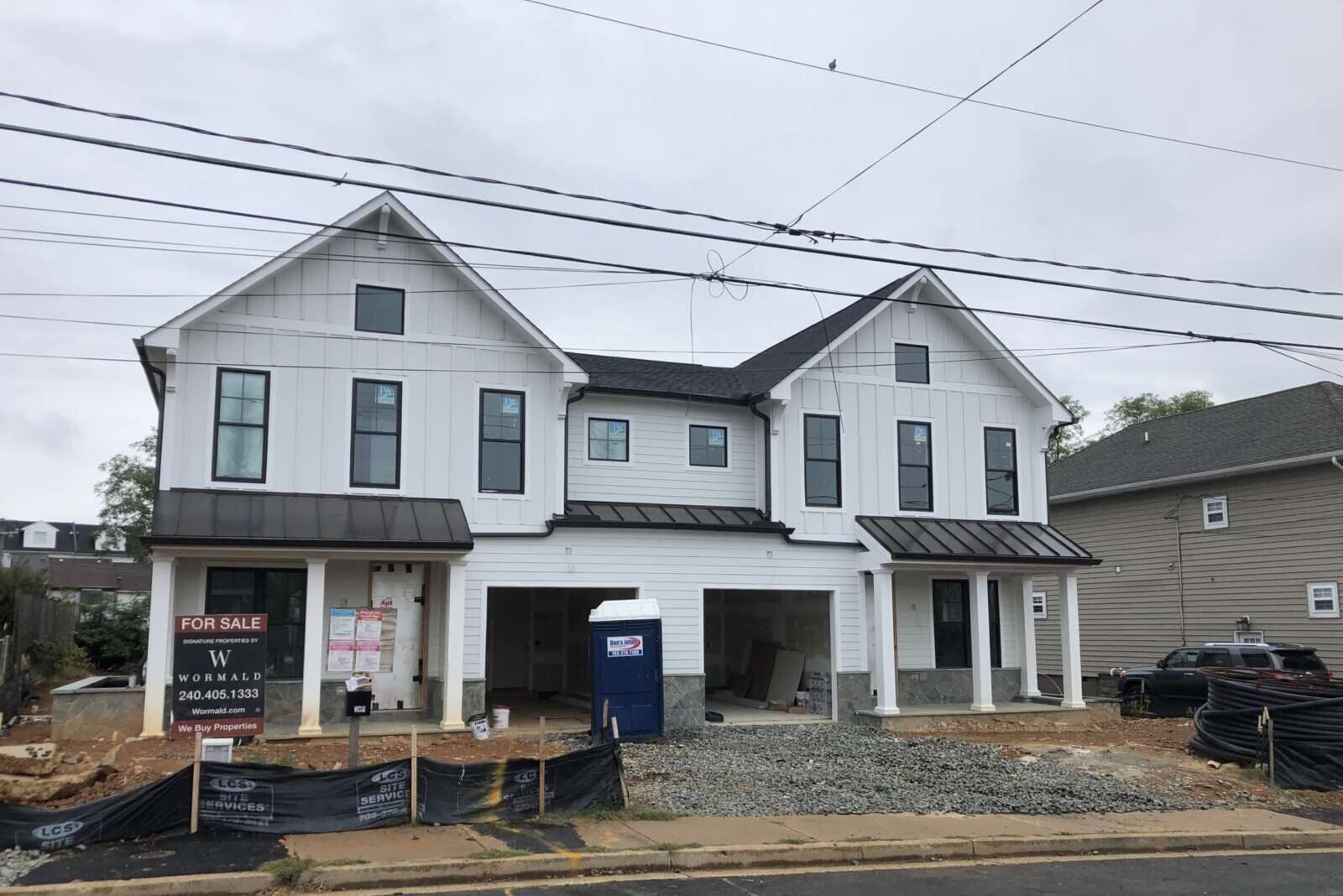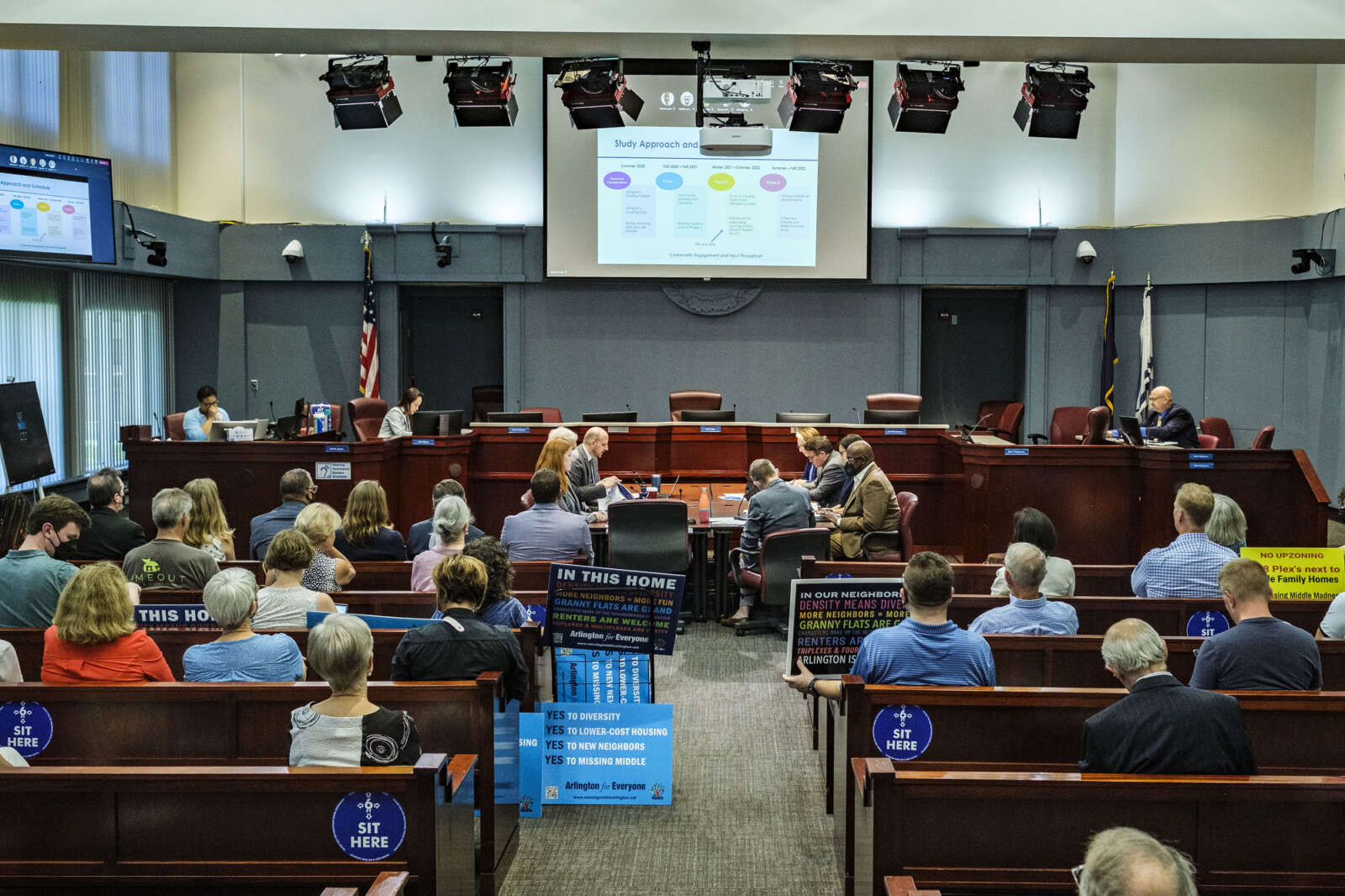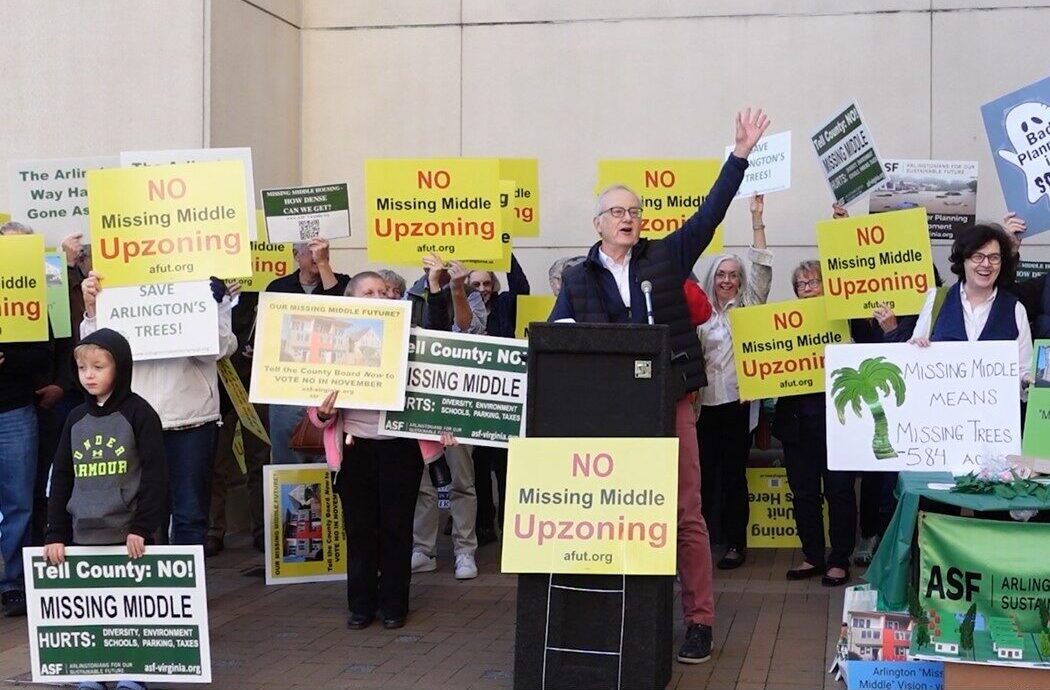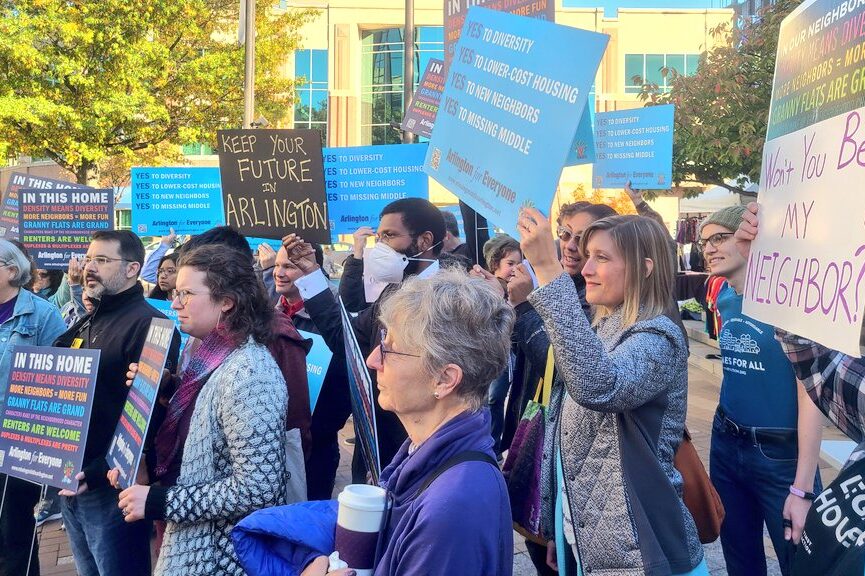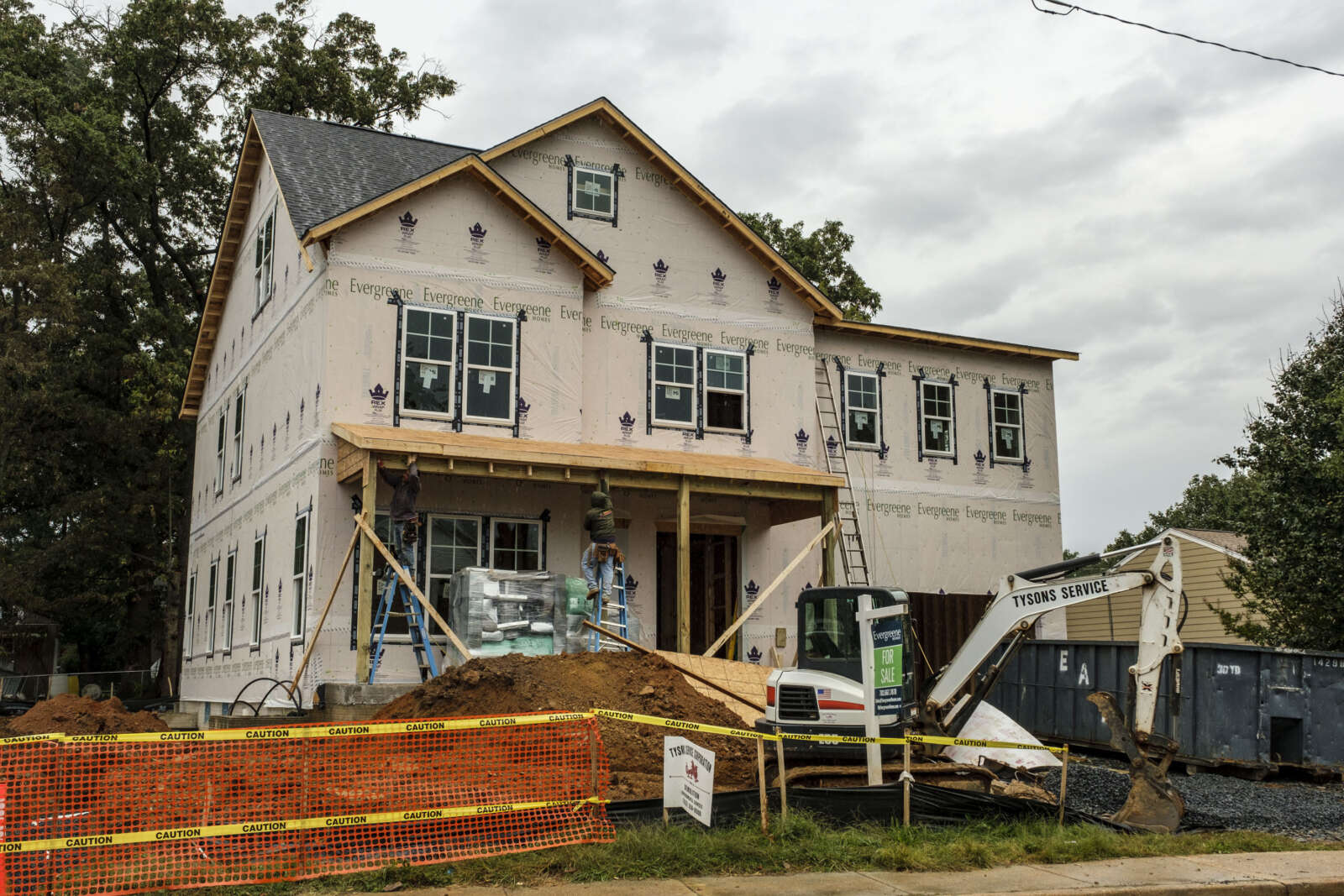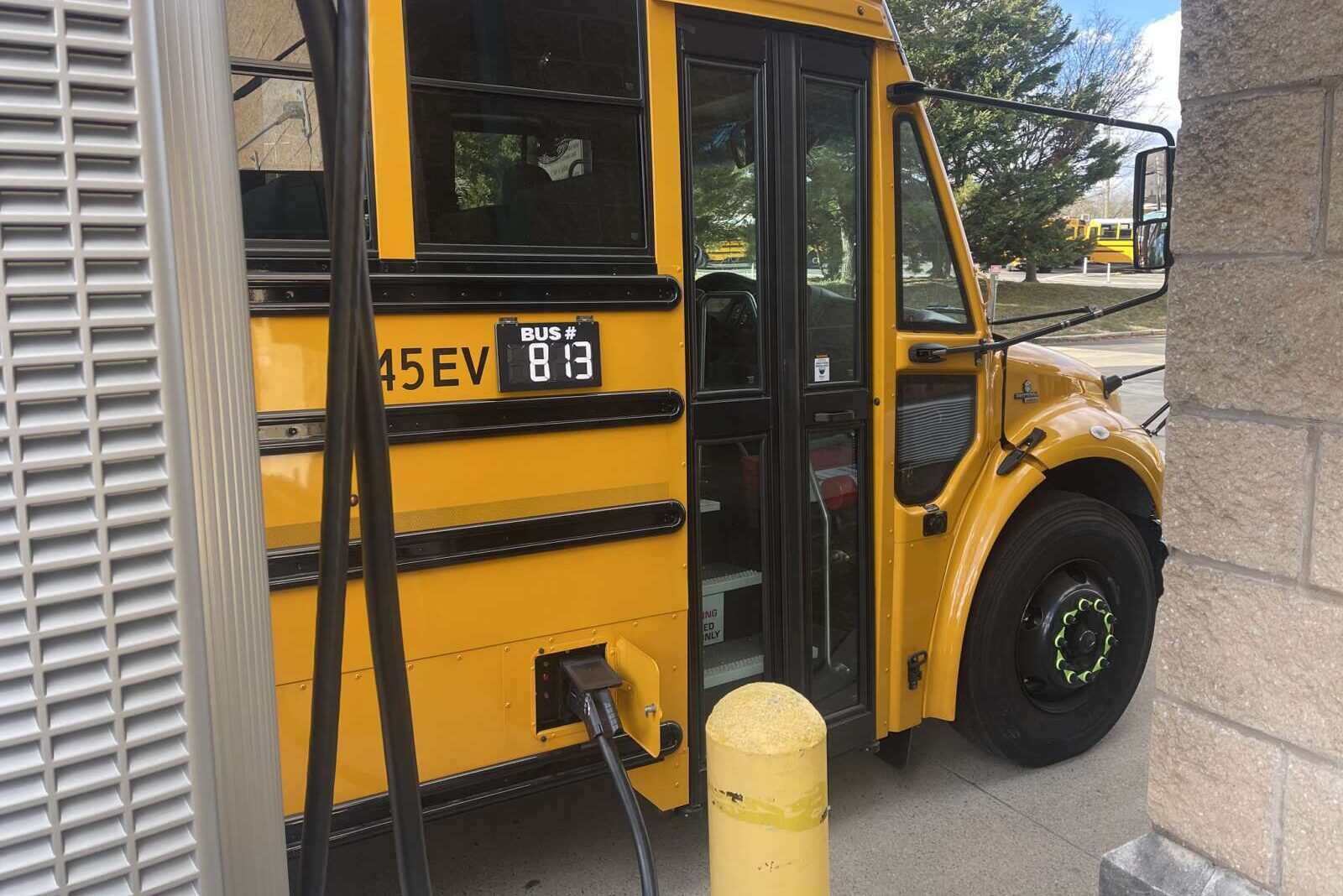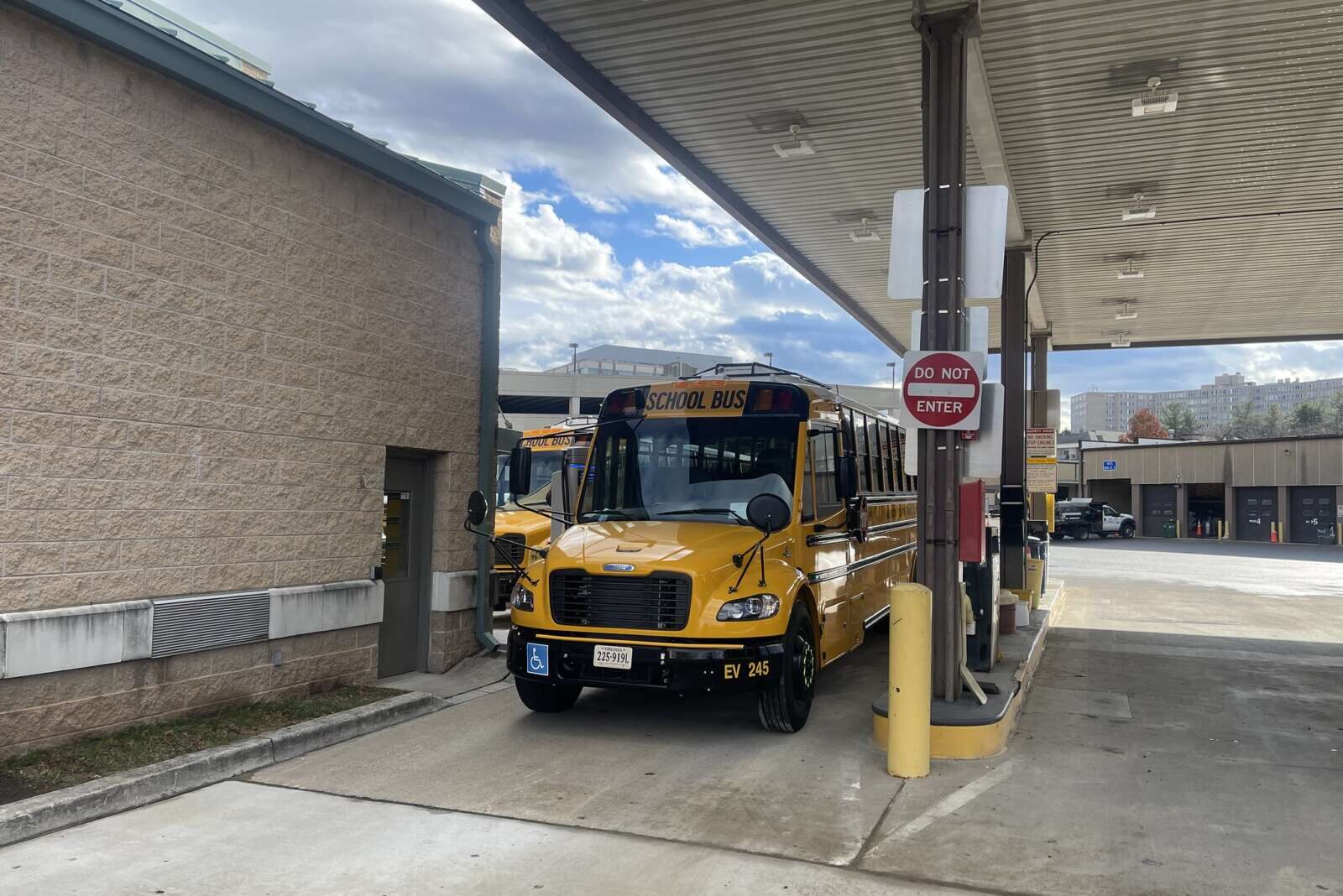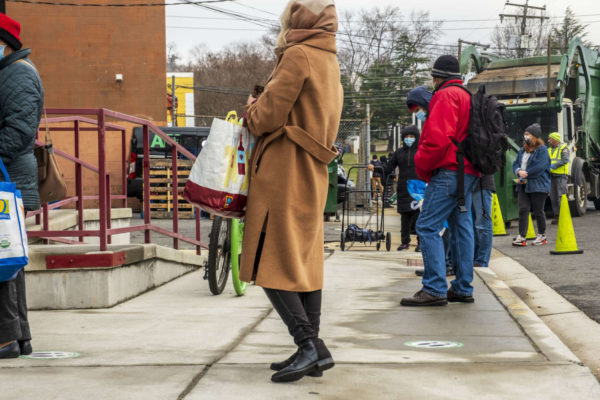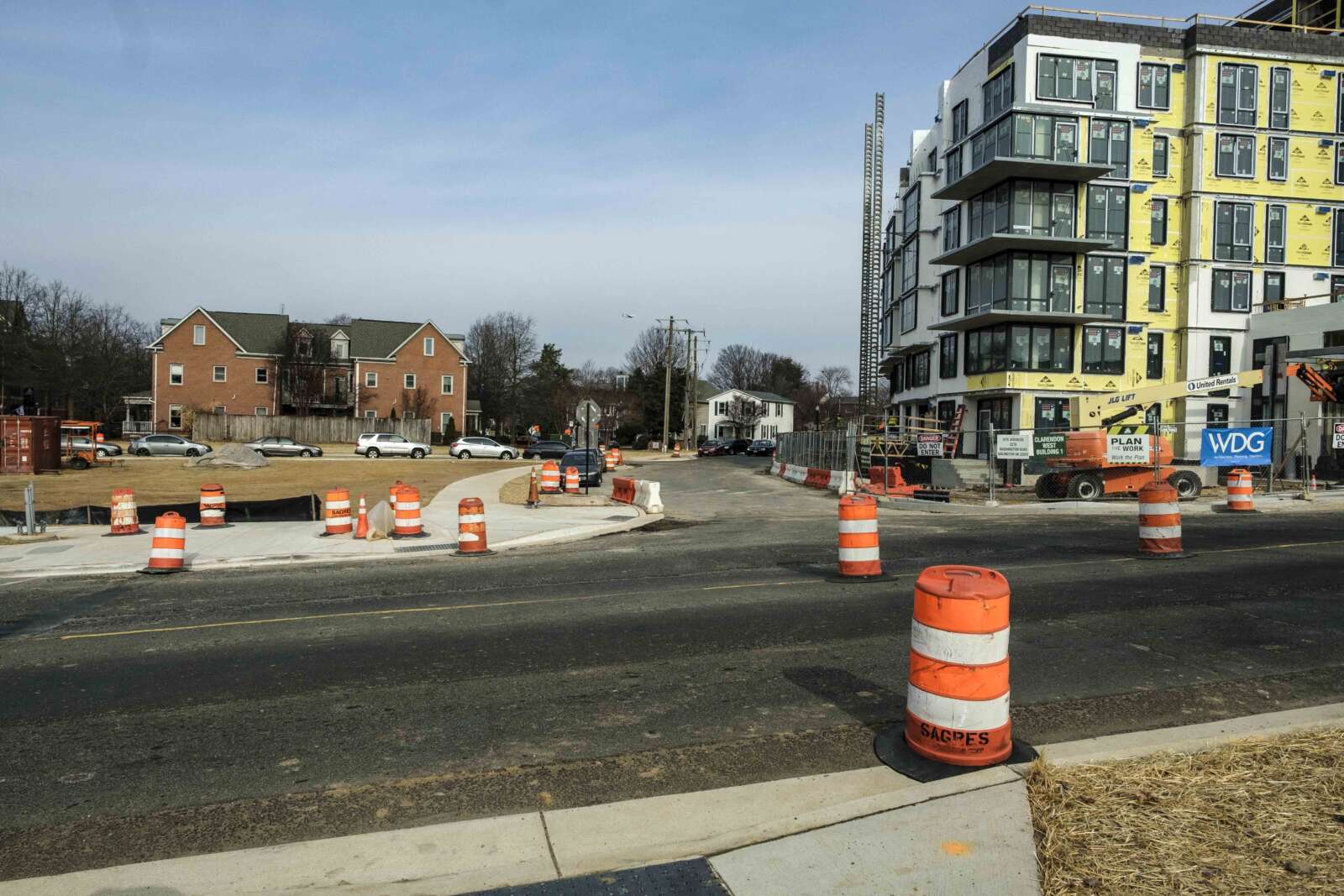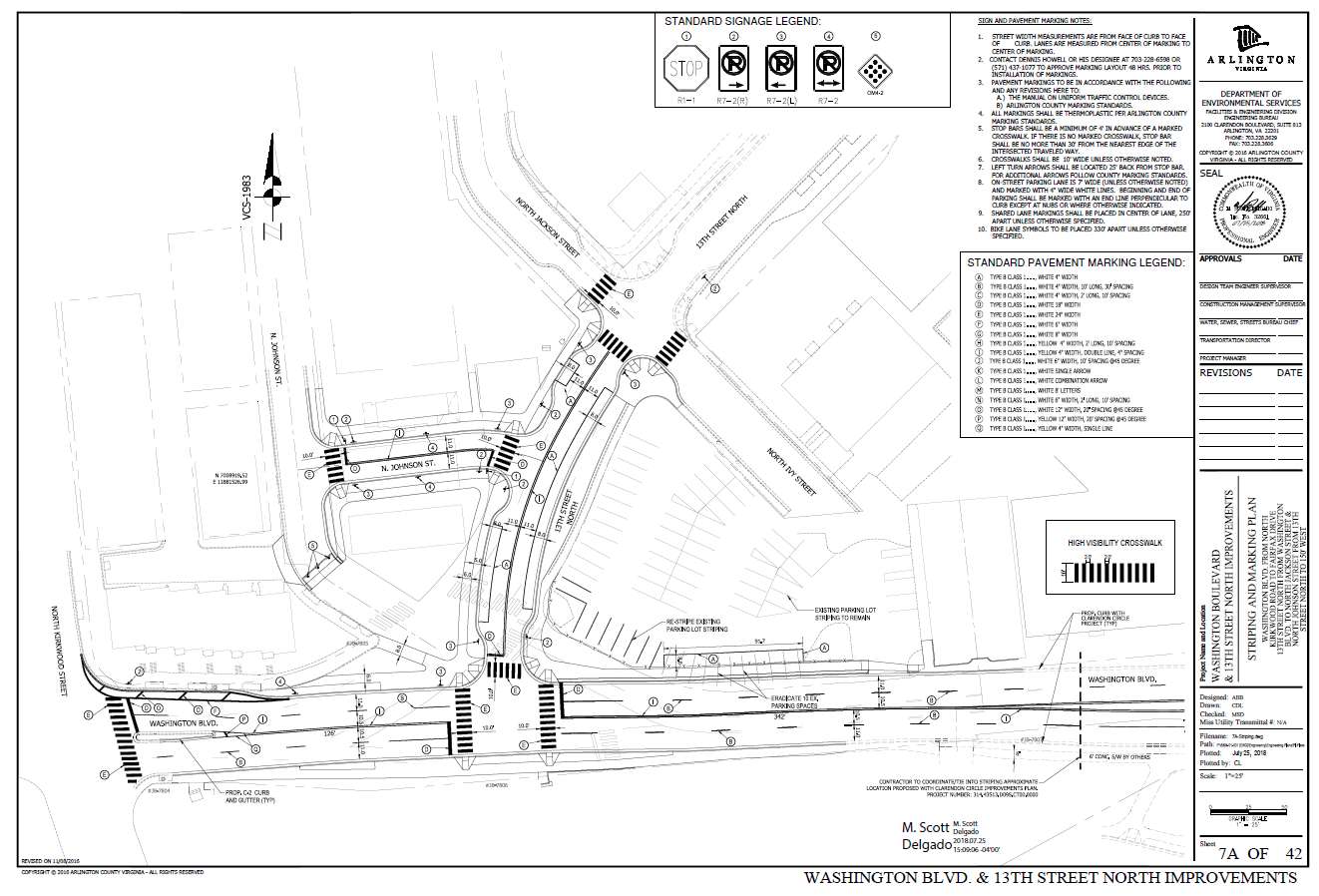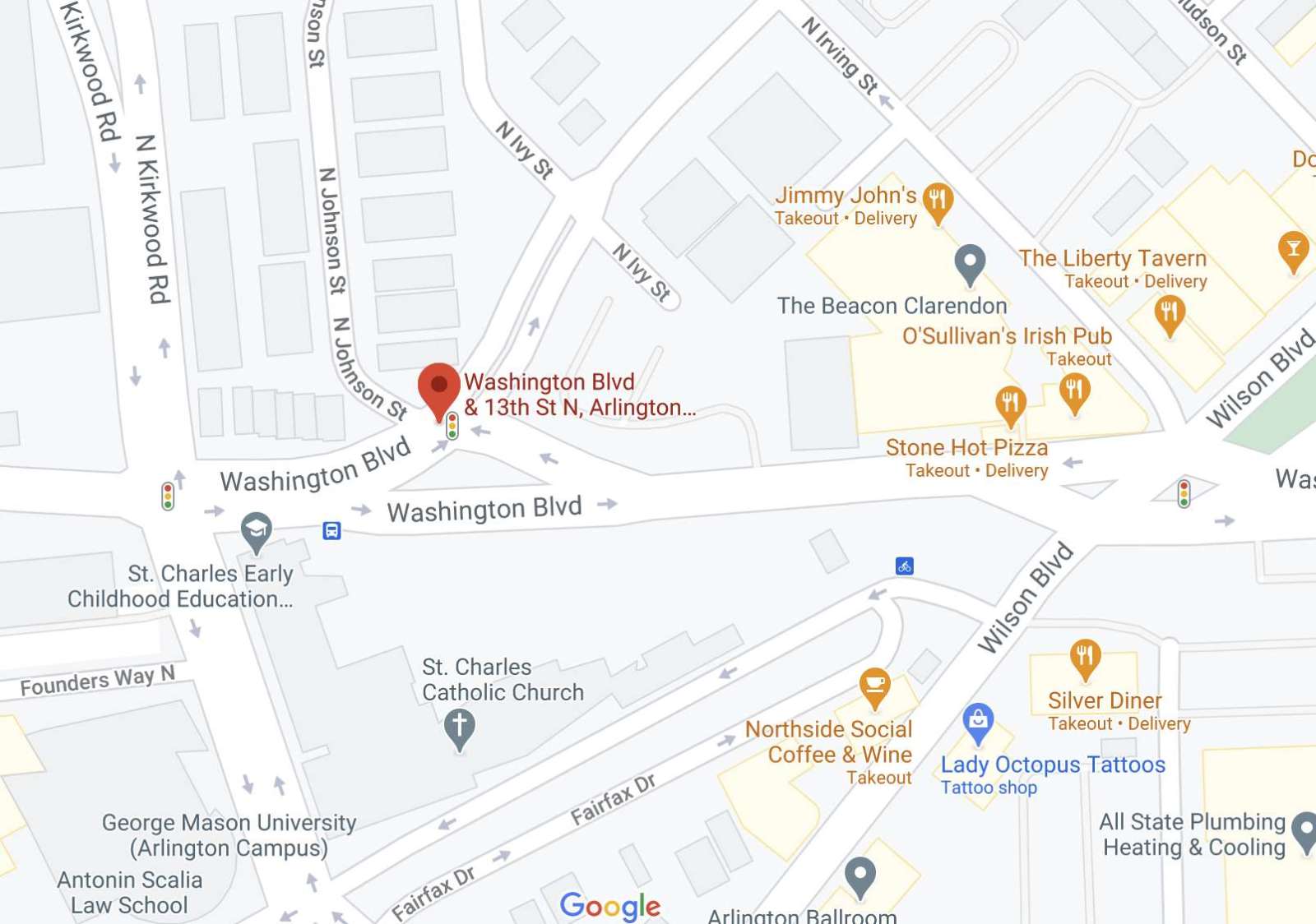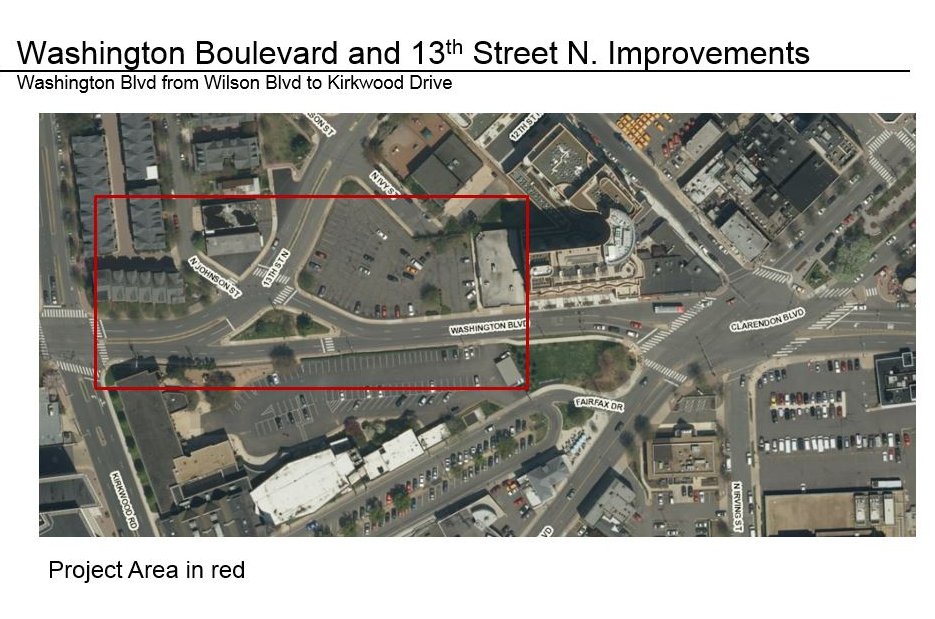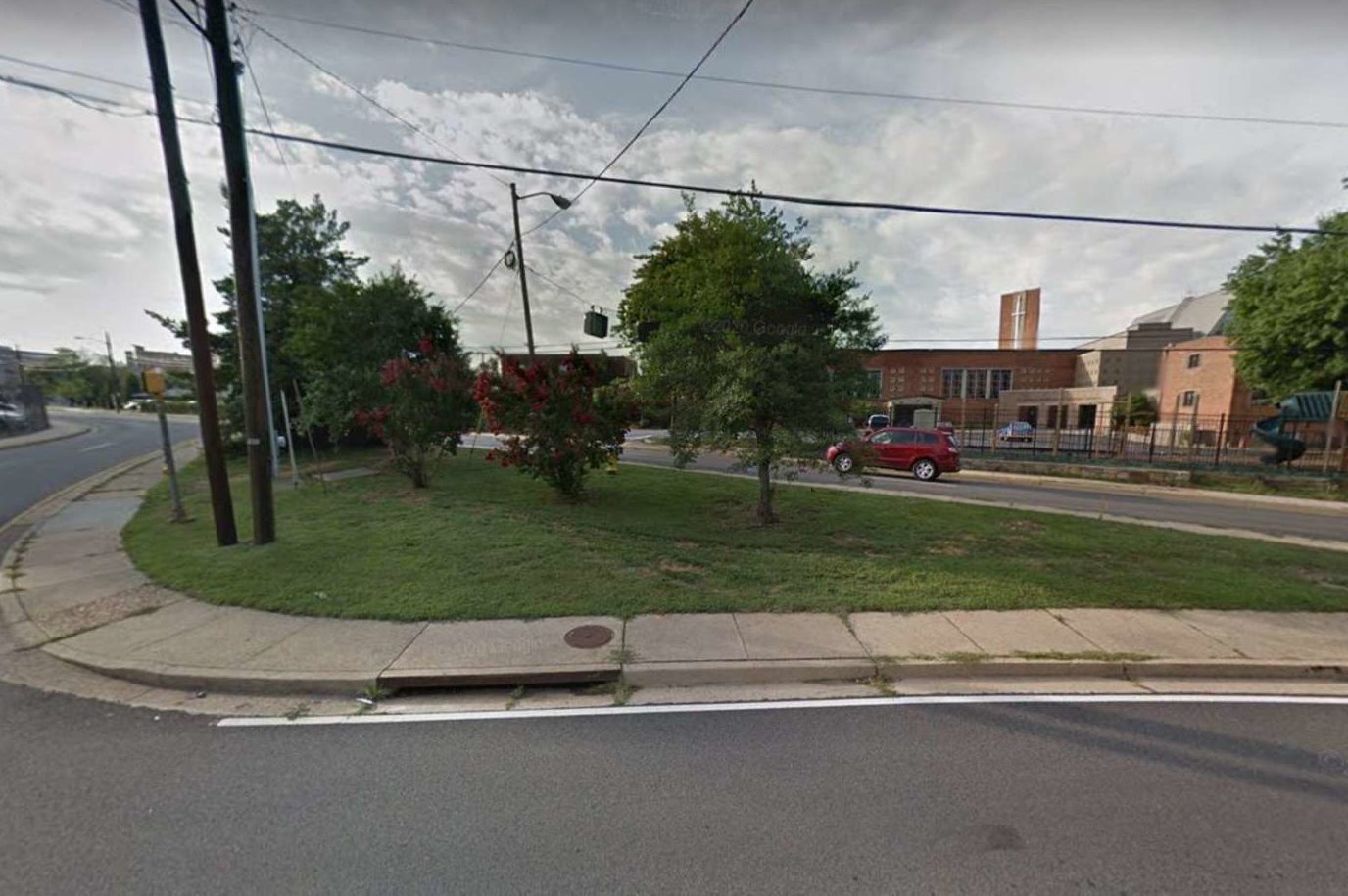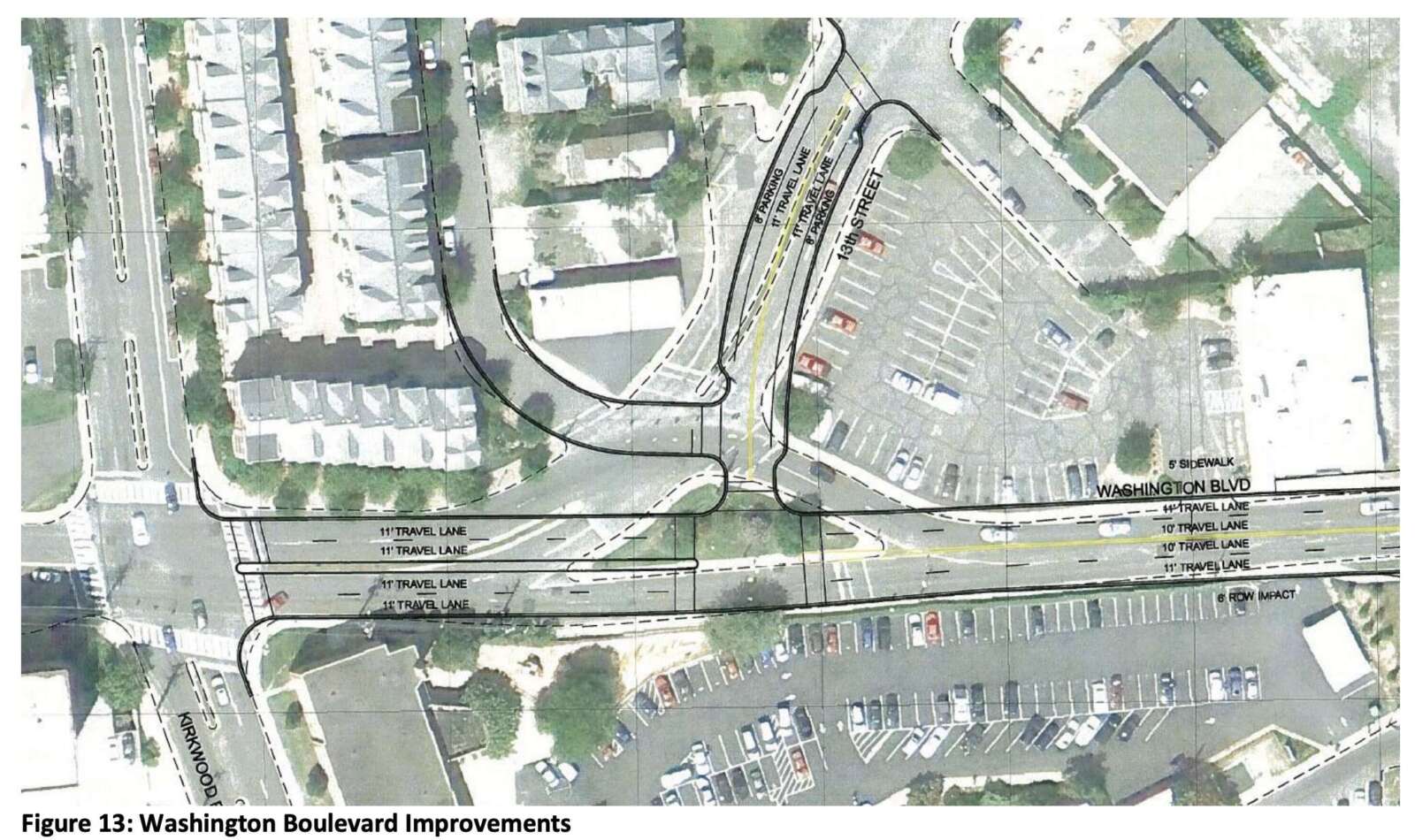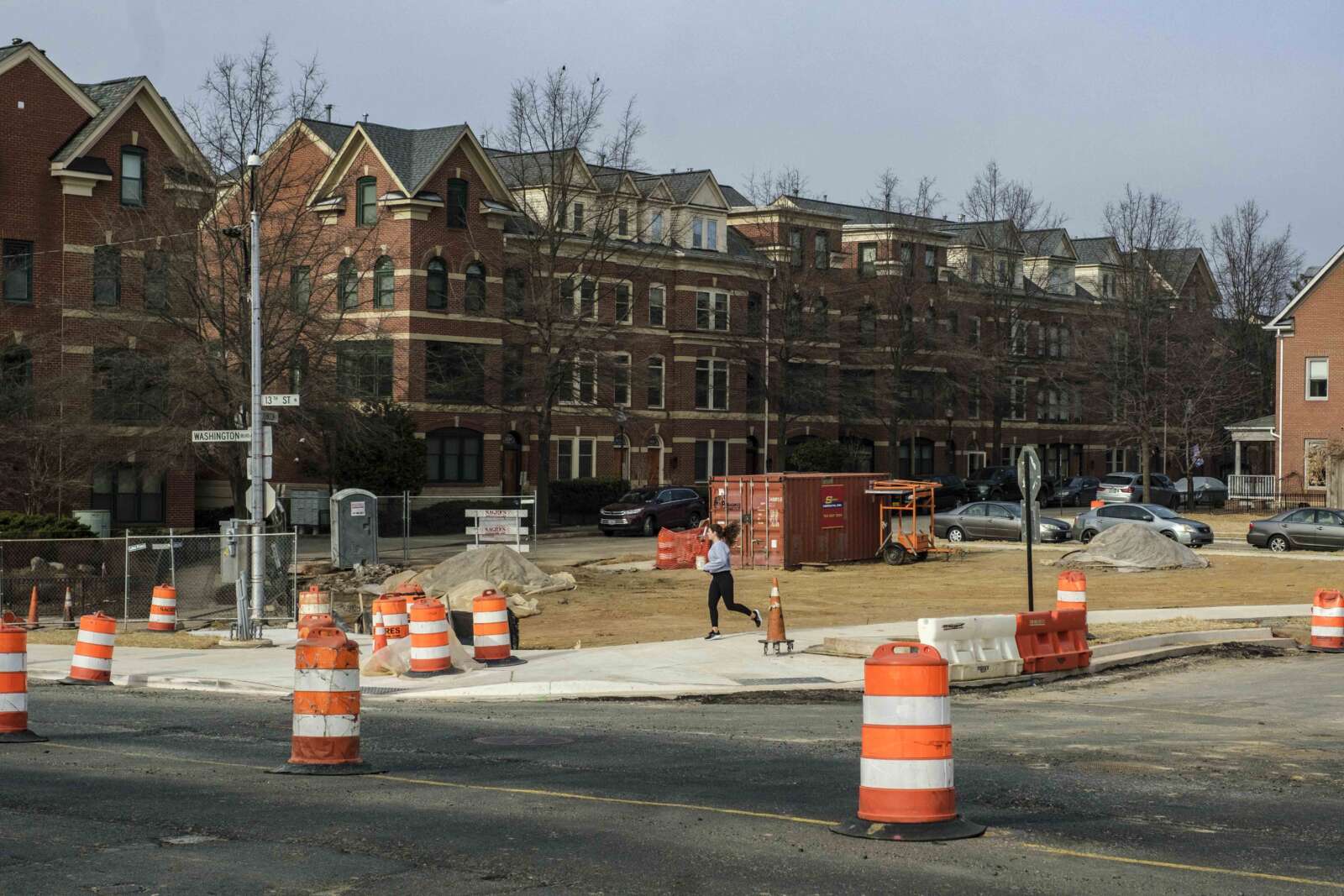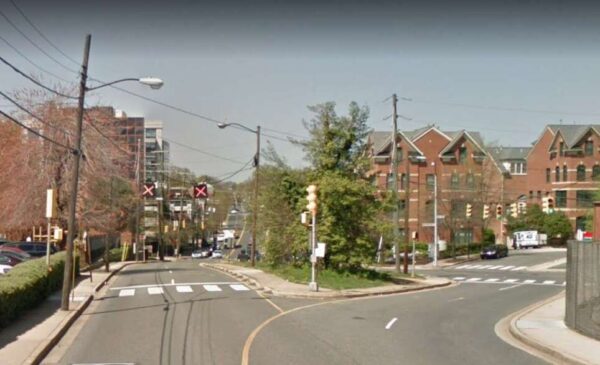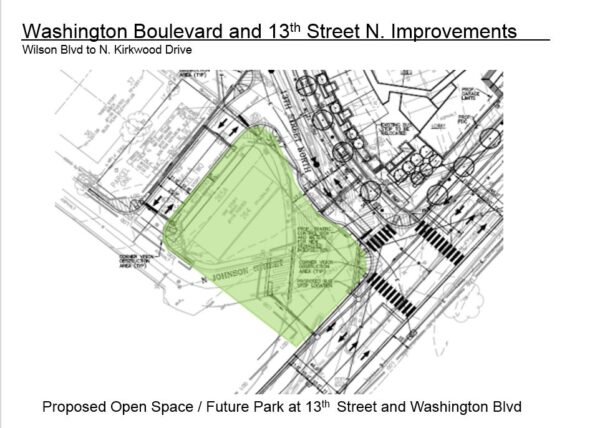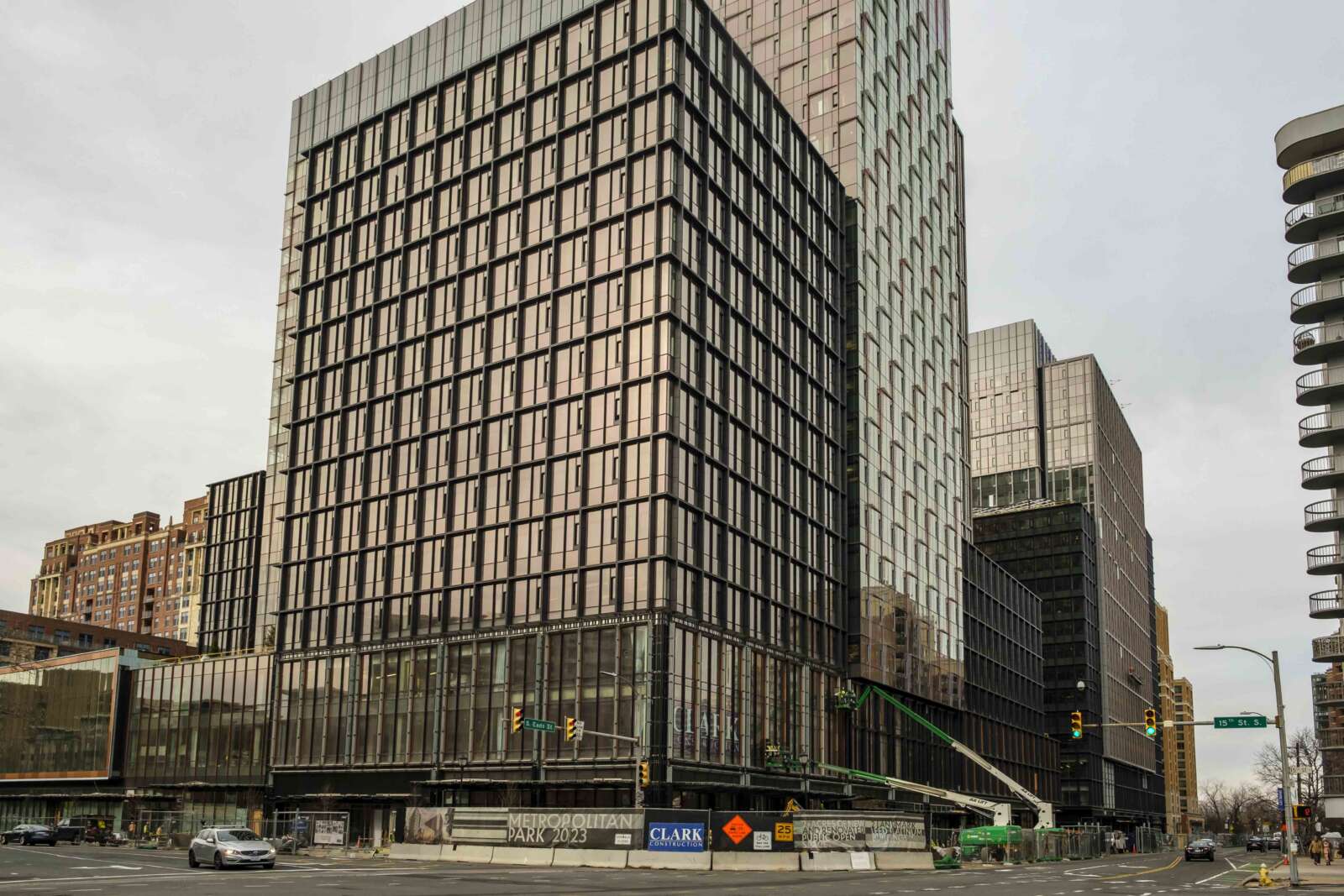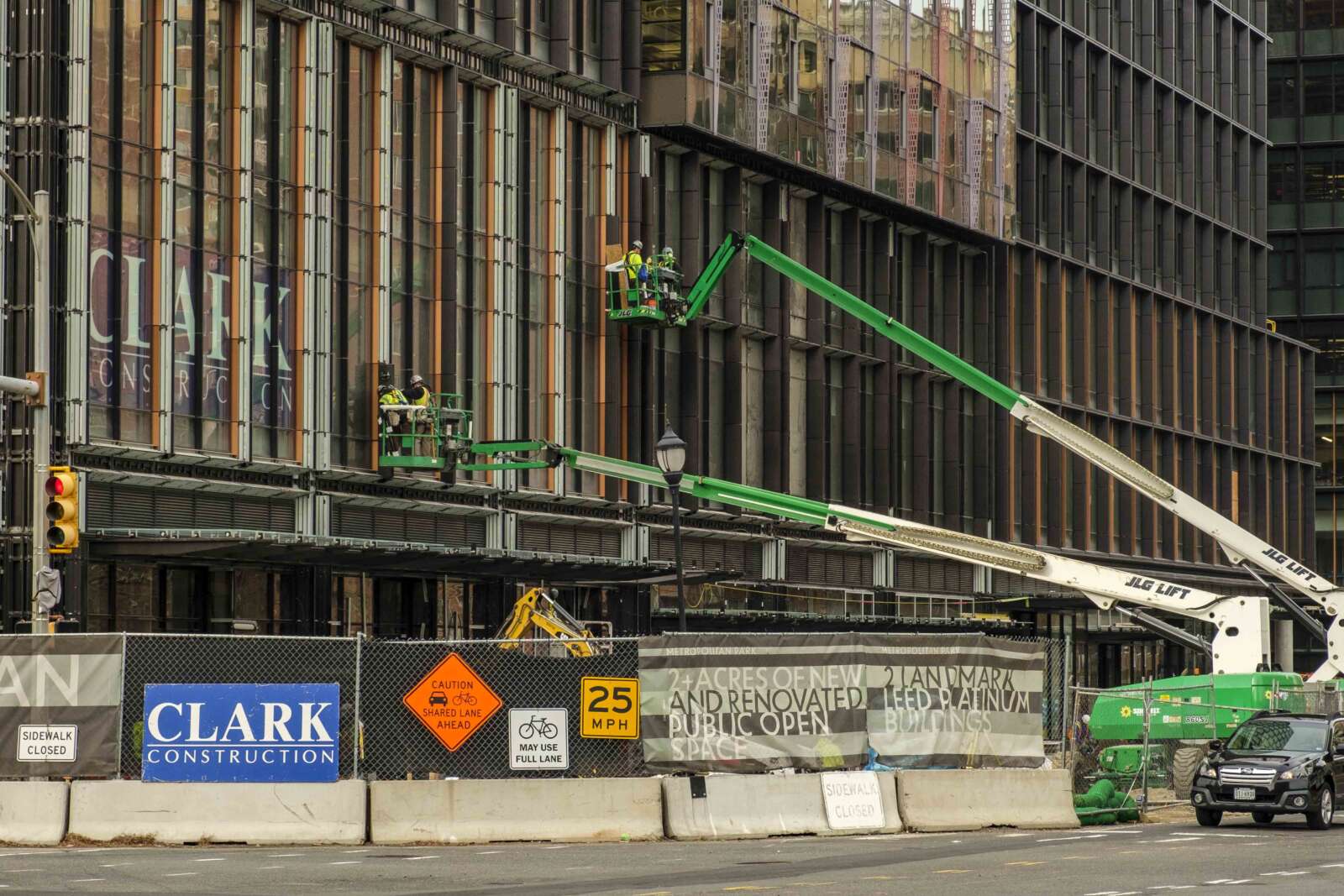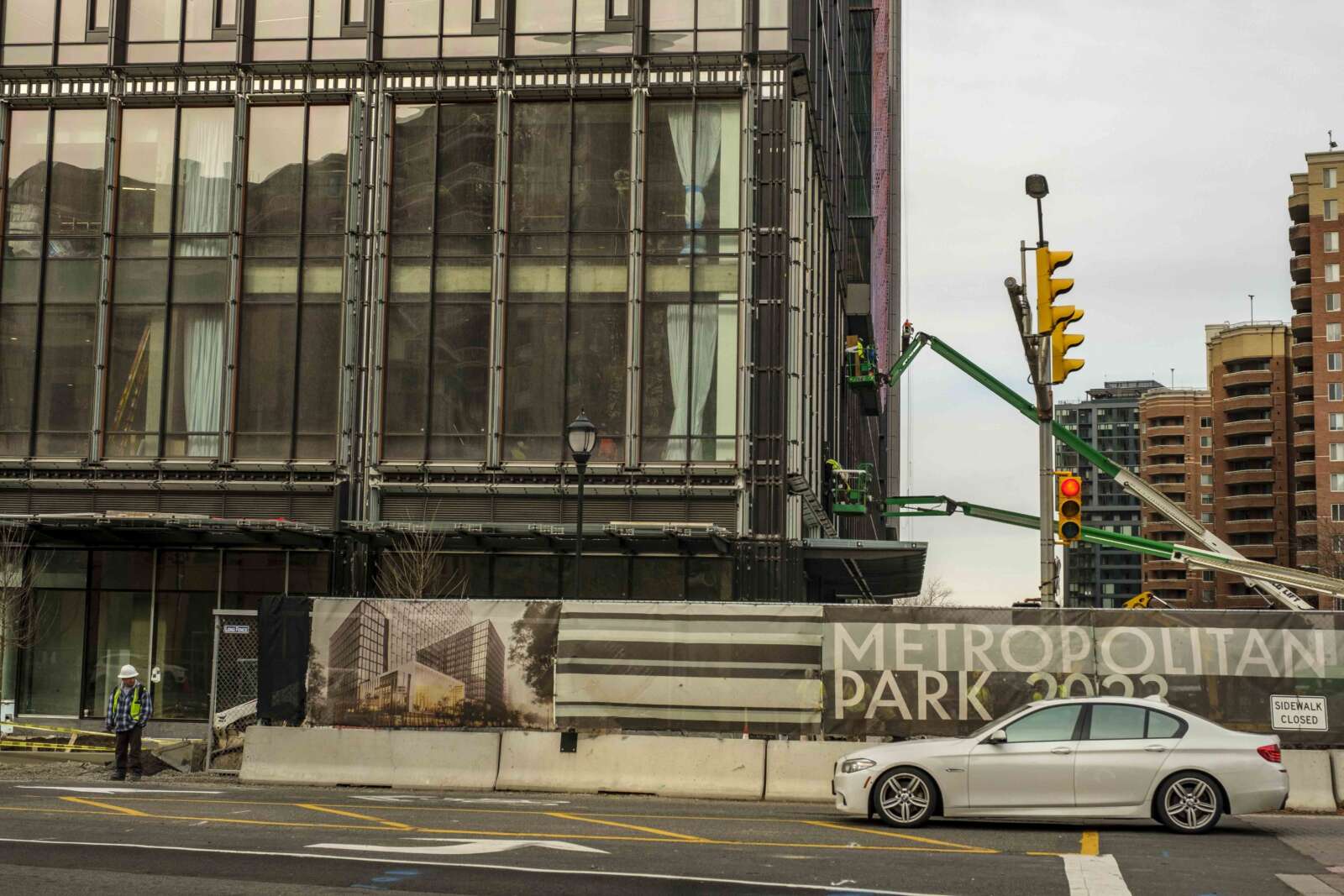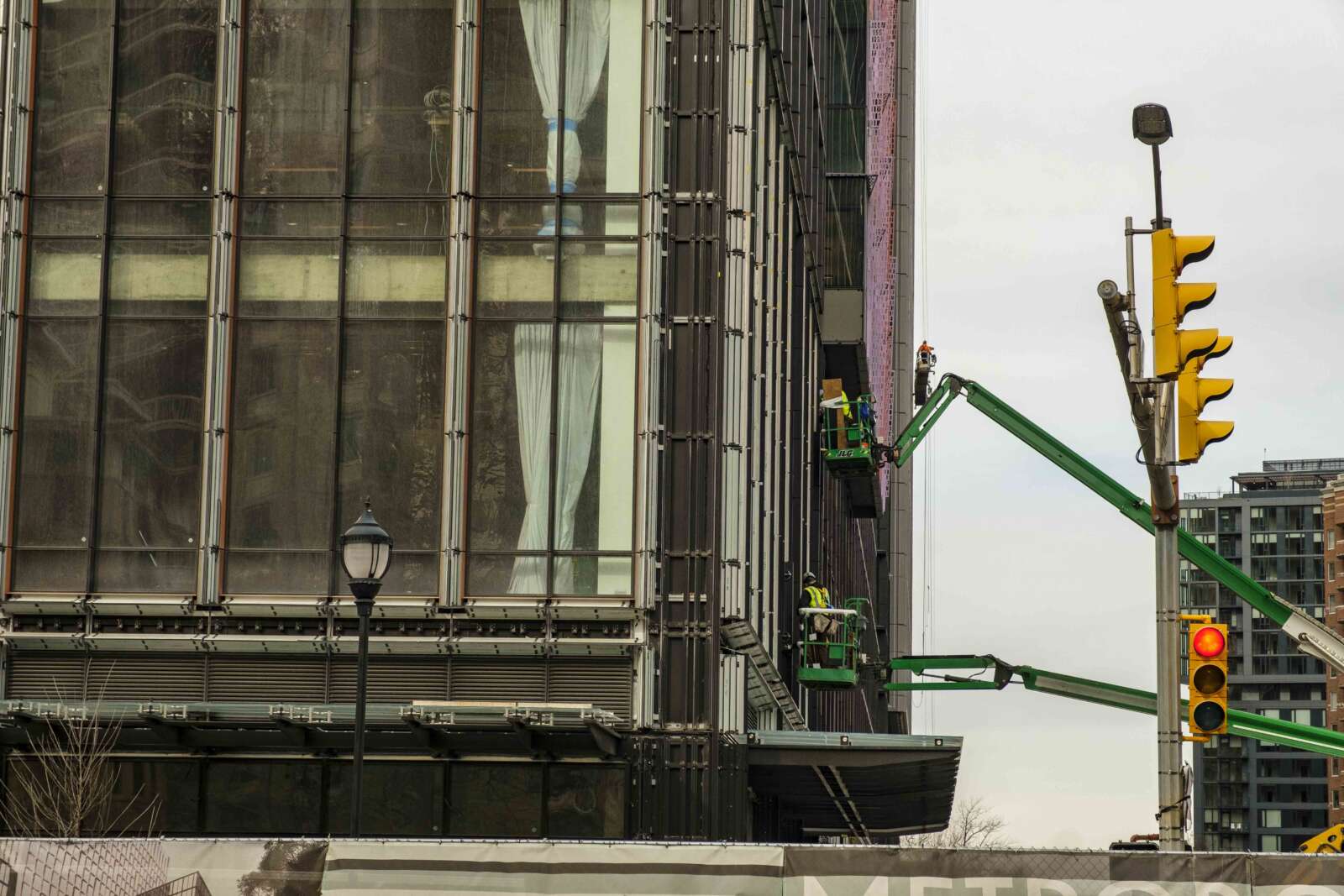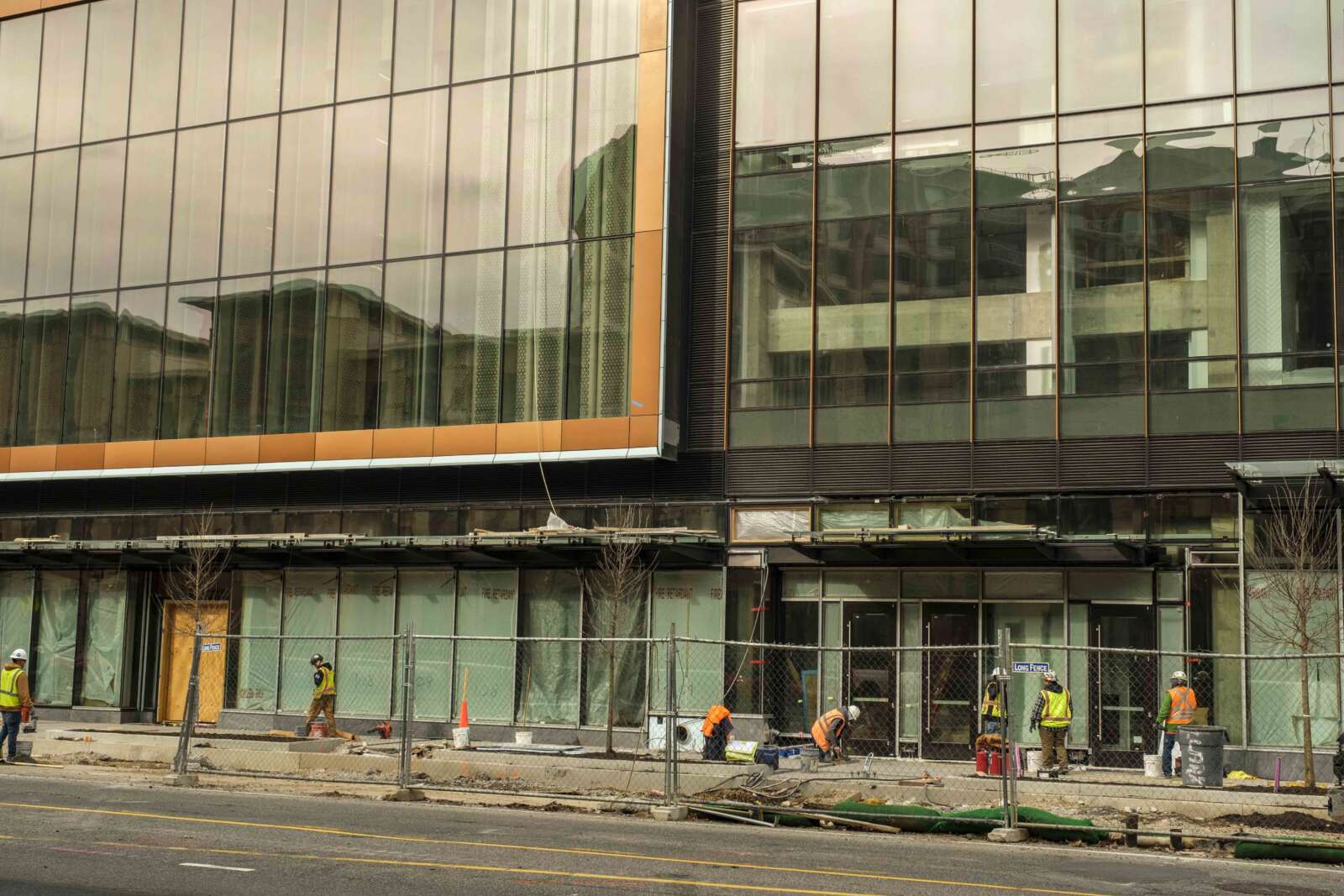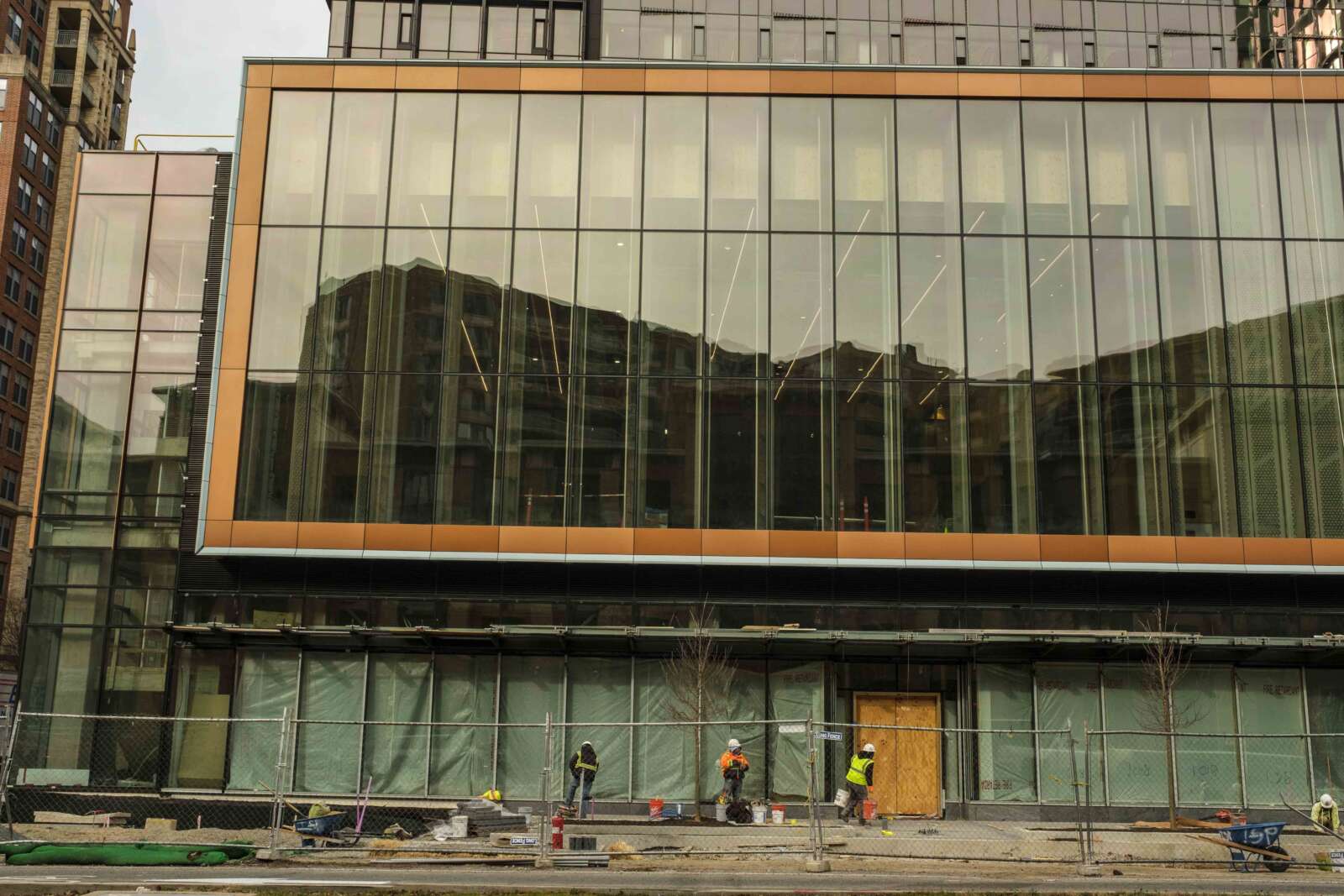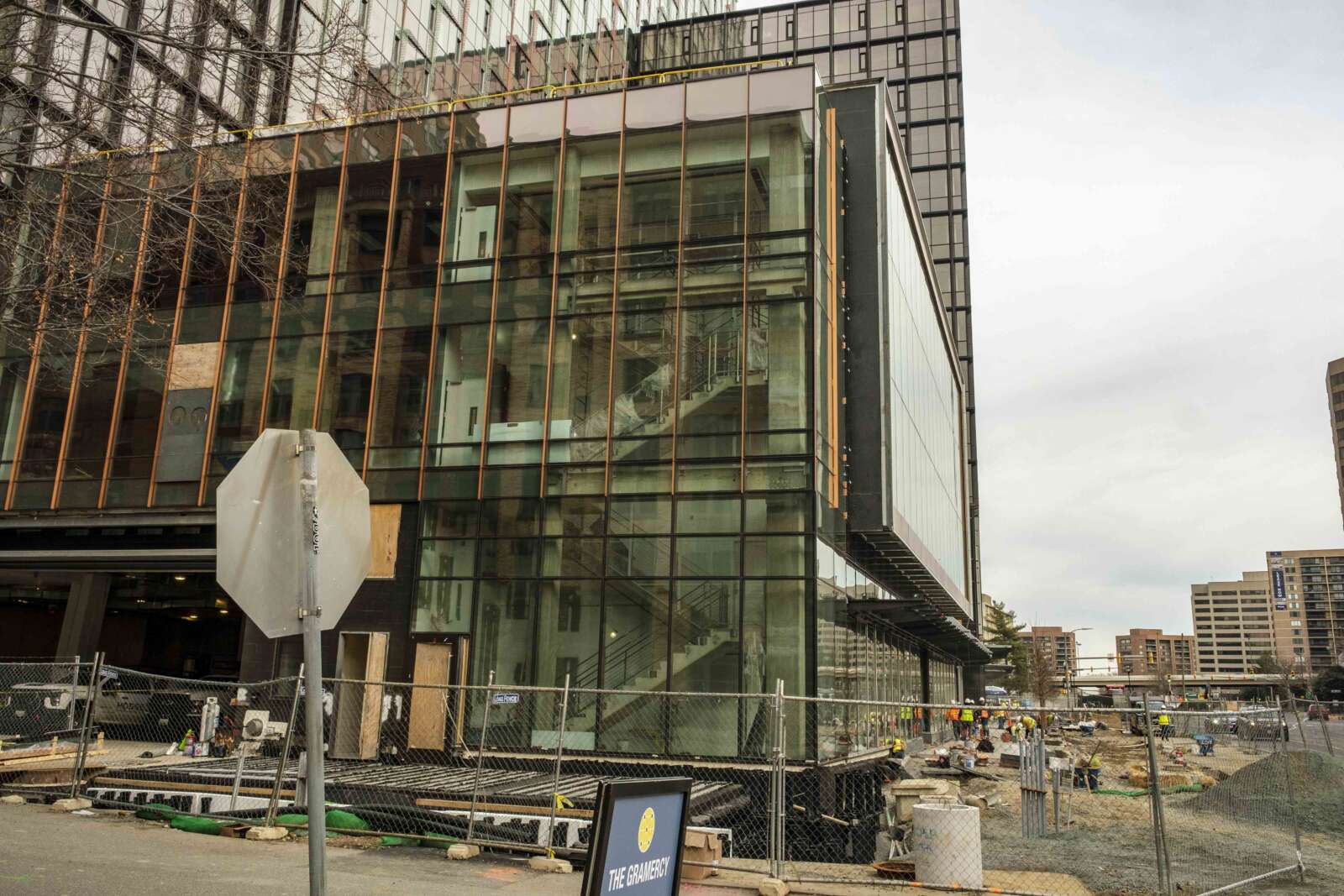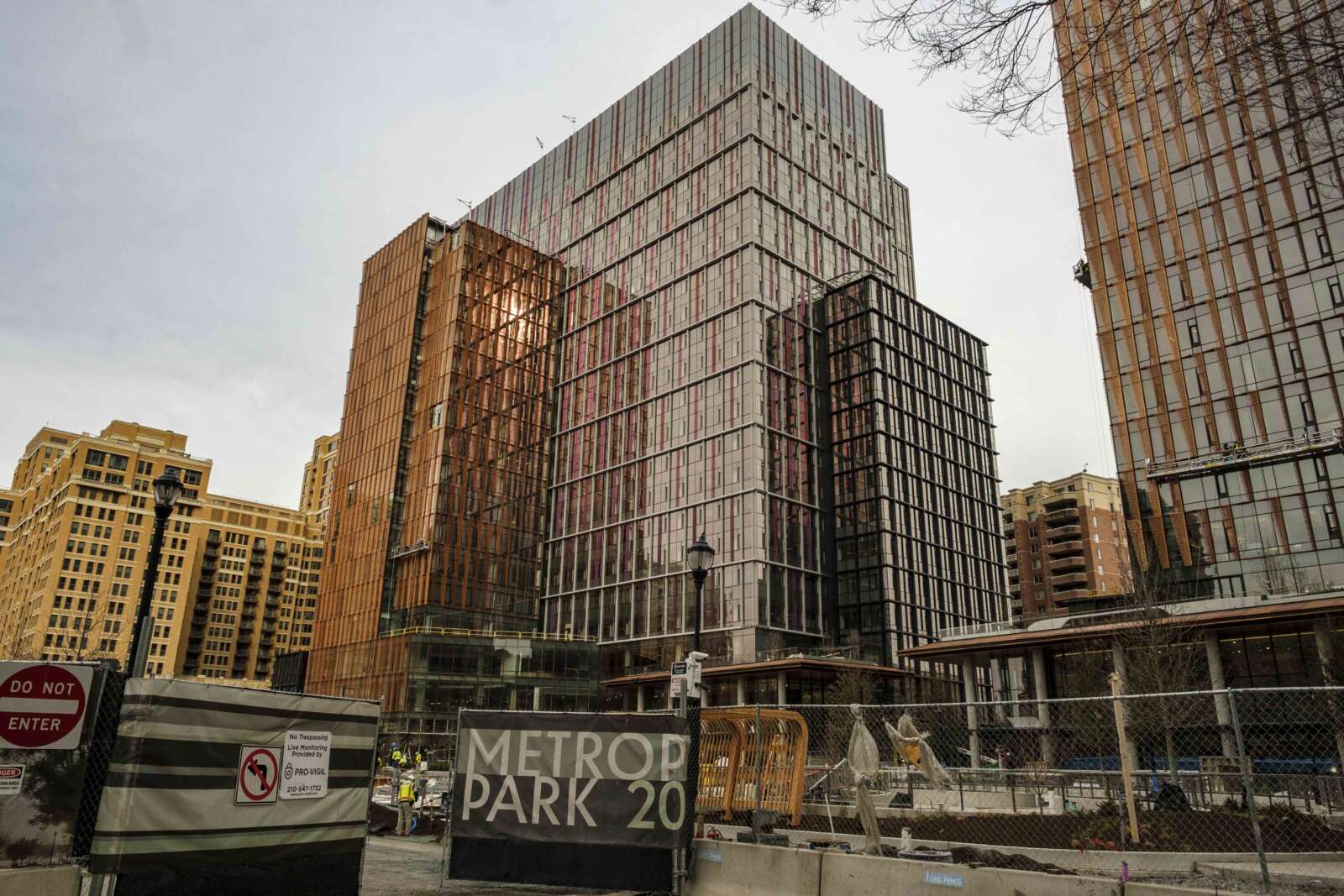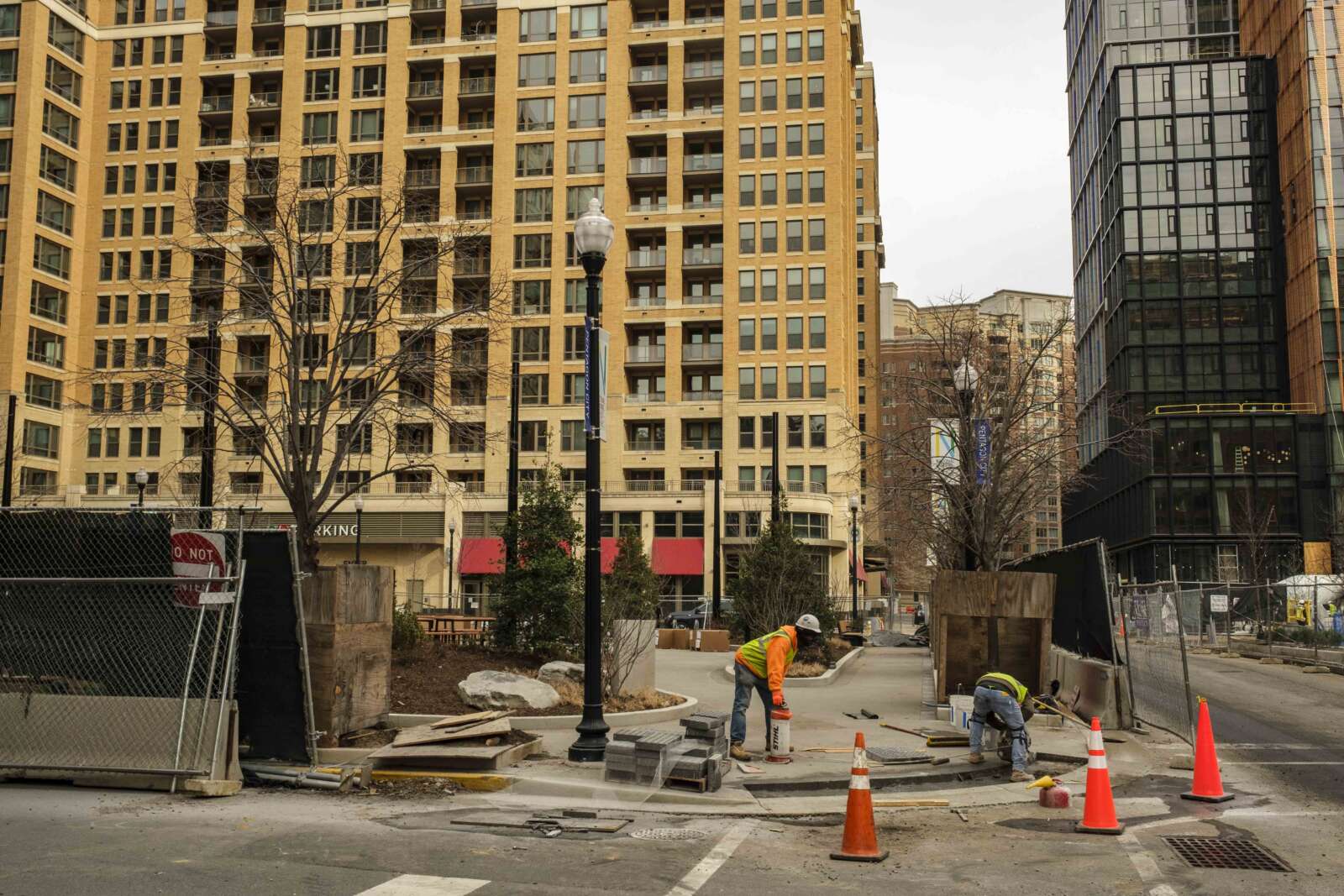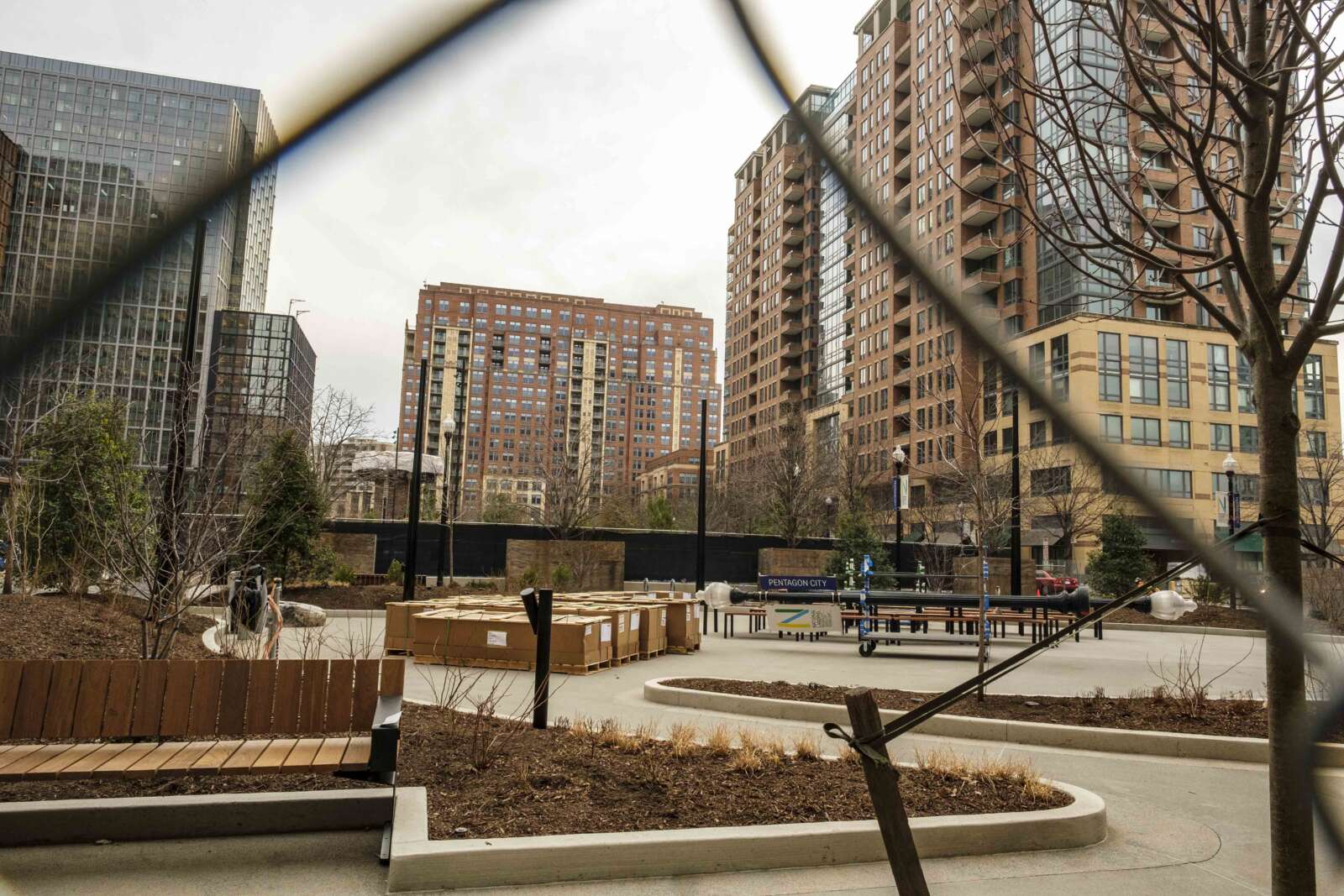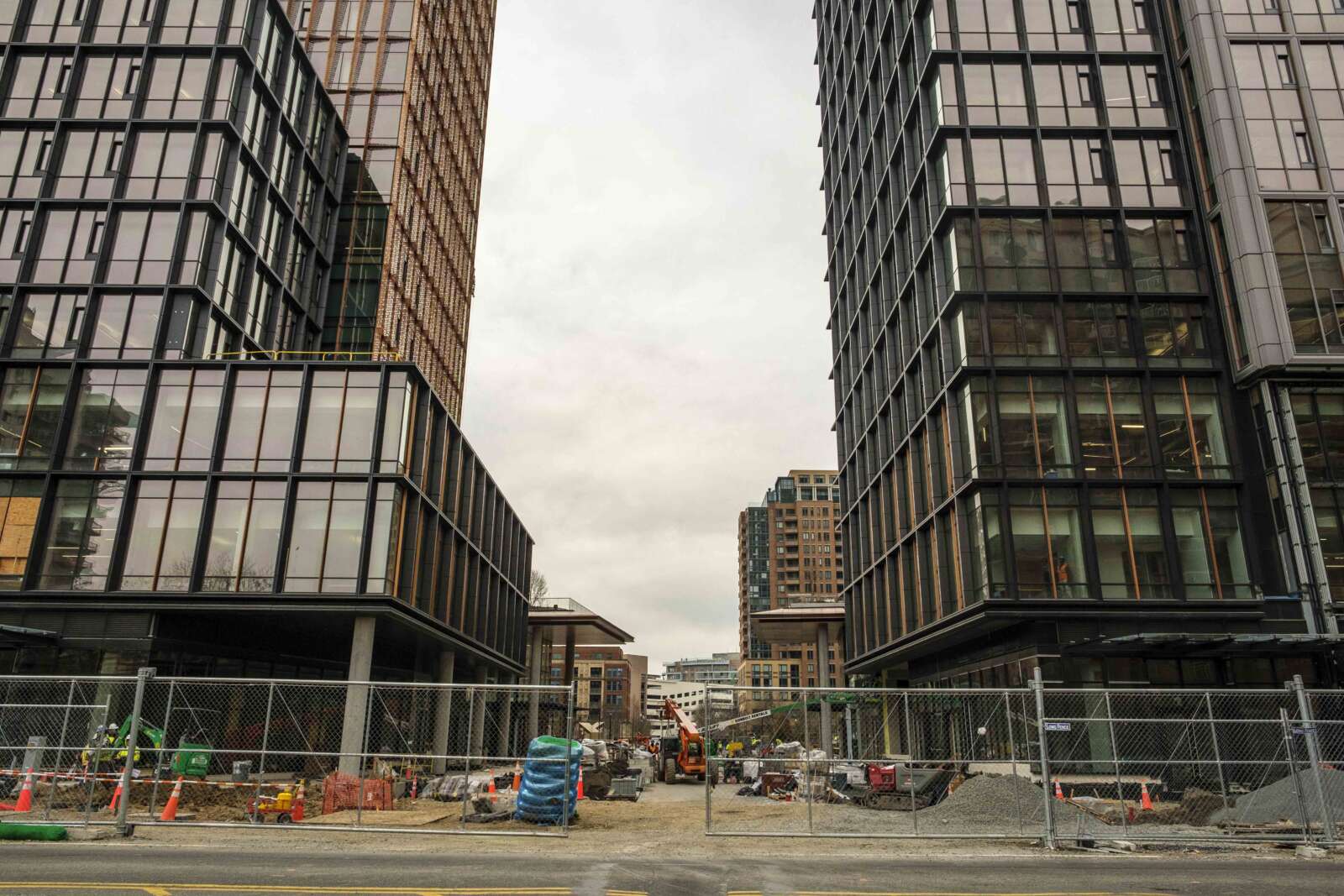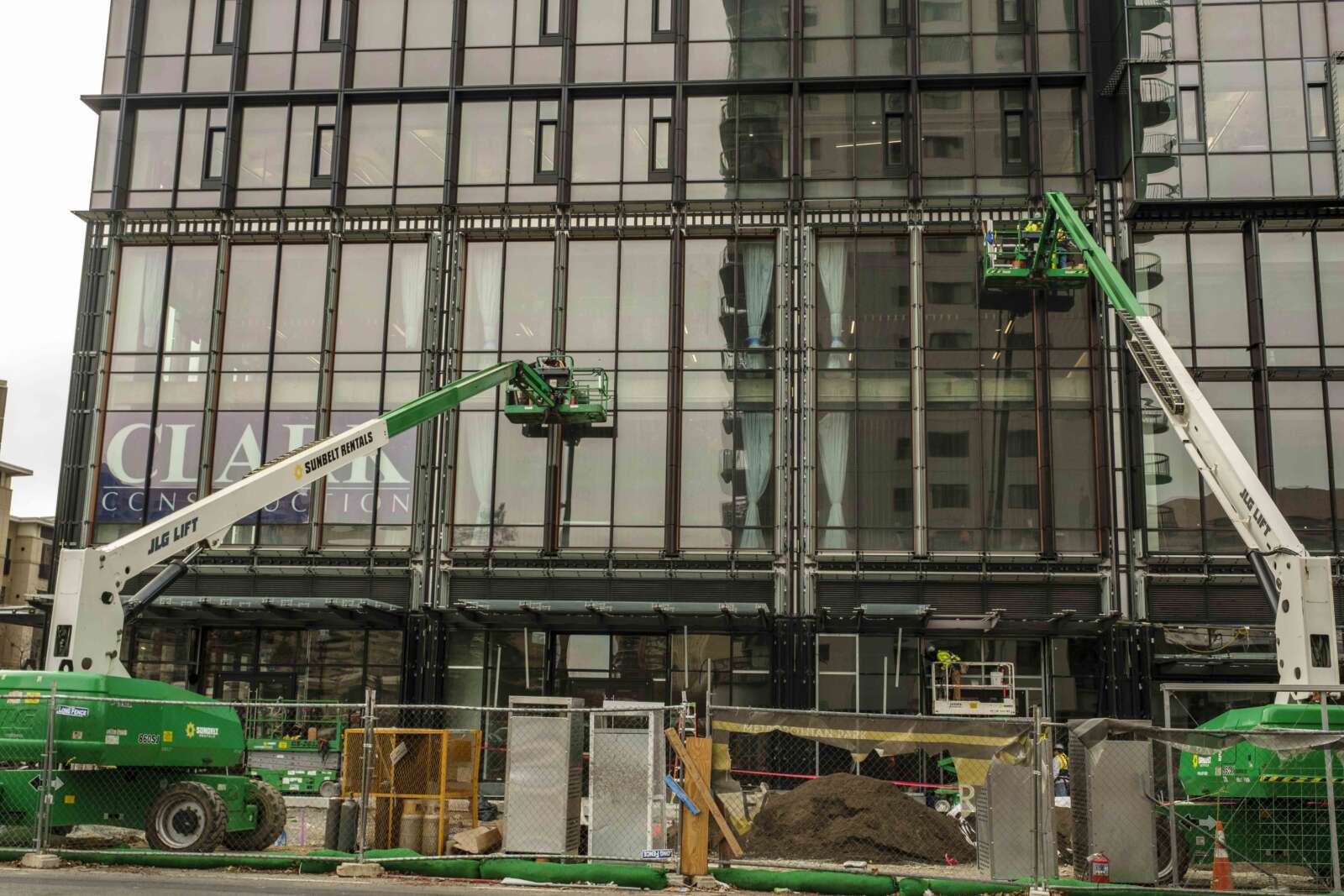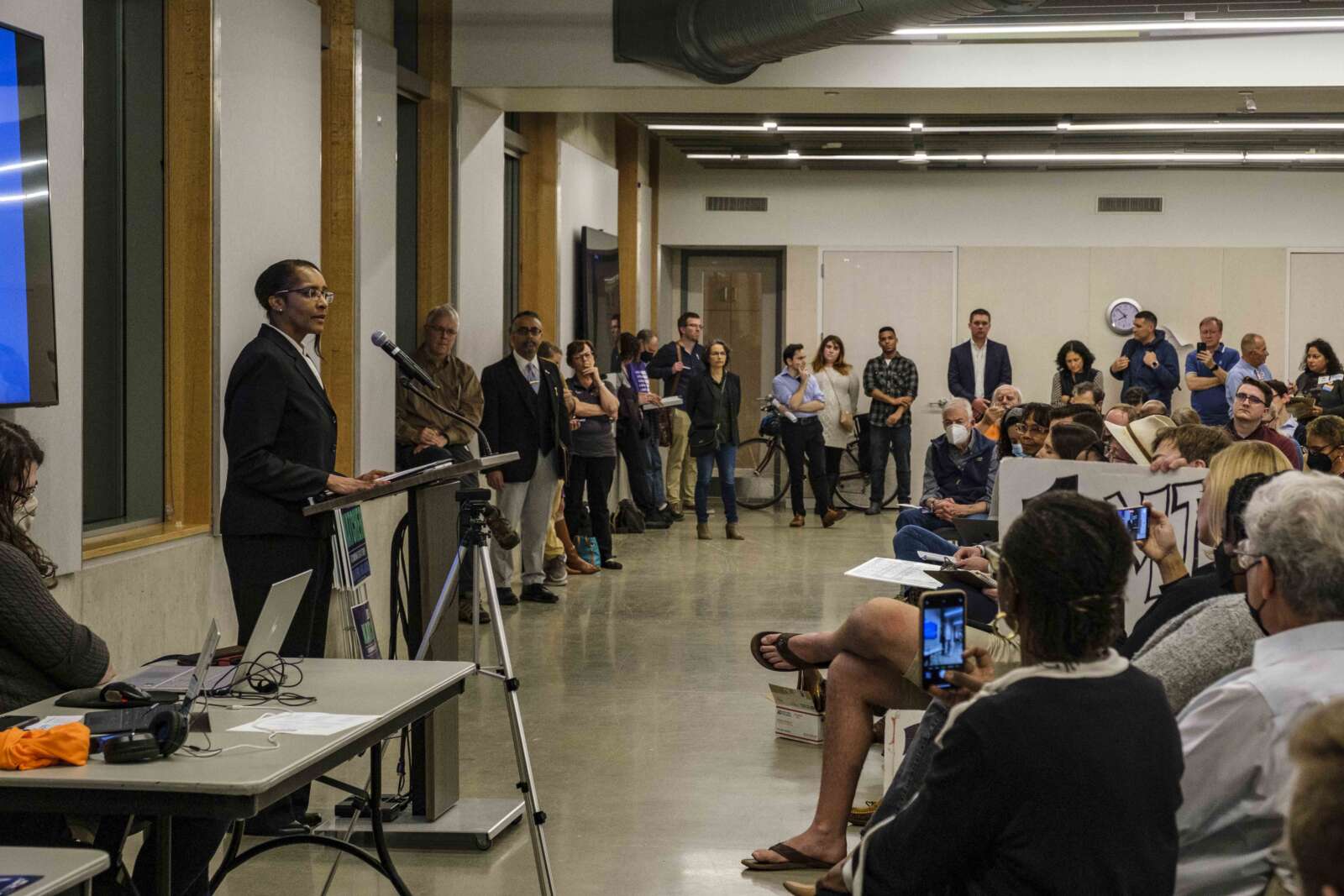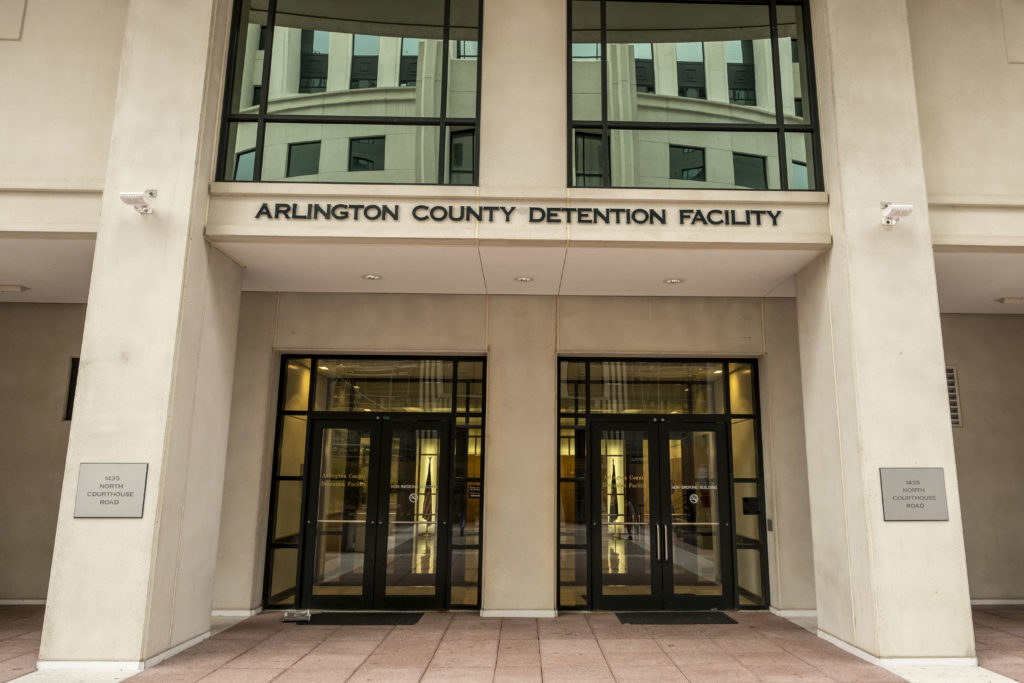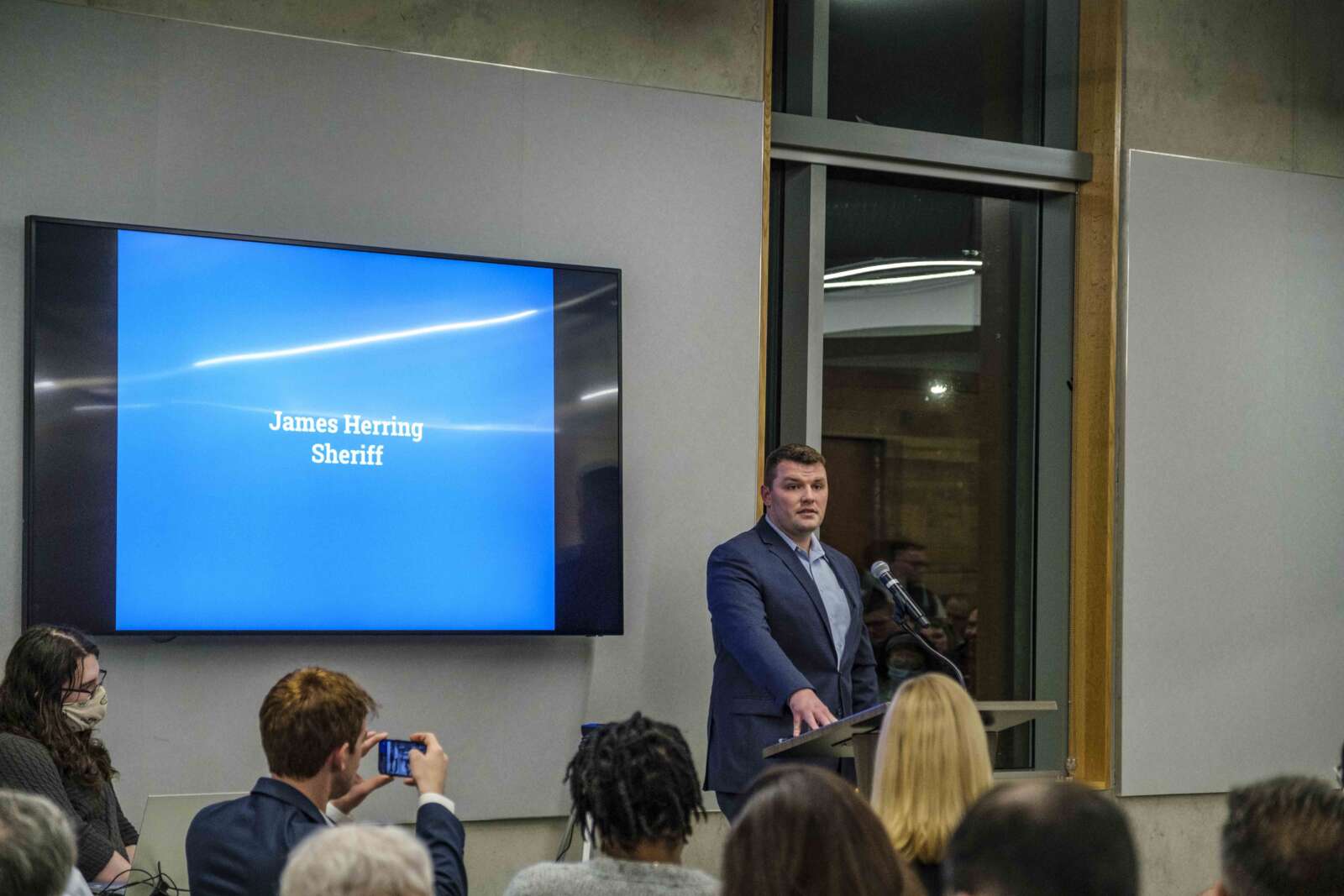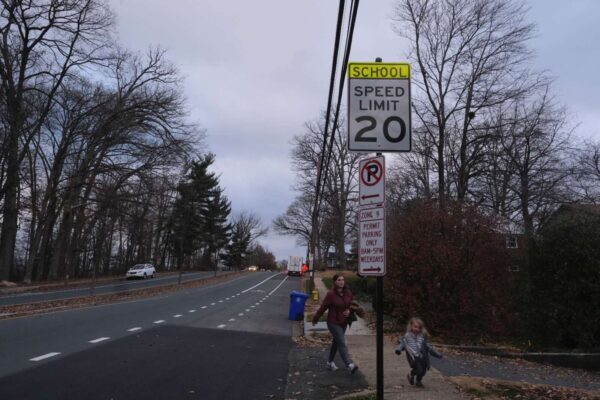
Lower speeds near schools could soon become countywide policy in Arlington.
On Saturday, the Arlington County Board is set to consider an ordinance to lower speed limits to 20 miles per hour on streets within 600 feet of a school property or pedestrian crossing in the vicinity of the school. This would expand on slow zones around 13 schools instituted last year.
The county says in a report that the proposed slow zones respond to positive community feedback from the first round of school zones and are part of its efforts to eliminate traffic-related serious injuries and deaths by 2030, also known as “Vision Zero.”
The ordinance comes as Arlington County appears to have ended 2022 with fewer severe injury crashes than 2021 — when the County Board approved a Vision Zero plan — but the same number of fatal crashes.
In 2022, there were 44 severe and four fatal crashes, including two fatal pedestrian-involved crashes, per county data available through Nov. 23, 2022. The year before, there were 61 severe and four fatal crashes, none of which involved a pedestrian.
If approved, the Dept. of Environmental Services will lower the speed limit on 36 road segments starting next month, according to spokesman Peter Golkin.
“We expect signs to start posting the new speed limit in February-March,” he said. “We will follow up with additional pavement markings in the spring once weather permits.”
When complete, drivers will notice treatments such as high visibility crossings and school zone signage within the school zone, as well as appropriate speed limits on the school’s beaconed arterial roadways, per a December Vision Zero newsletter.
The new, lowered speed limit of 20 mph, applicable at all times of day, will be in effect and enforceable “as soon as the new speed limit signs are posted,” Golkin said.
To remind drivers of the change, the county will send public announcements during February and March through county email lists, civic associations, APS channels and social media, he said, noting that “news coverage like ARLnow’s will also be a great help.”
In addition, he said, the signs themselves will be a notification.
“Drivers should always be cognizant of the speed limit when driving,” the DES spokesman said. “They also have a bright neon yellow SCHOOL symbol on top of them, which should generate extra attention.”
The Arlington County Board last year took another step to reduce speeds, approving the installation of moveable speed cameras in school and work zones. In response to a rash of critical crashes, including a fatal pedestrian fatally struck near Nottingham Elementary School in October, Board members put more pressure on staff to respond more quickly.
Around where the pedestrian was struck on Little Falls Road, Arlington County police issued 10 traffic ticket in one hour during a one-day enforcement effort last month. Also in mid-December, some “quick-build” improvements were installed along the road, between John Marshall Drive & N. Kensington Street, per the December Vision Zero newsletter, below.
The improvements at John Marshall Drive include:
- Addition of a high visibility crosswalk on the south crosswalk
- Tactical curb extensions to sharpen/slow down turning vehicle turns and reduce crossing distances
- Additional signage
Improvements at N. Lexington Street include:
- Bus stop/sharrow markings
- High visibility crosswalks
- A tactical curb extension to sharpen/slow down turning vehicle turns and reduce crossing distances.
Improvements at N. Kensington Street (north side) include:
- High visibility crosswalks
- Tactical curb extensions to sharpen/slow down turning vehicle turns and reduce crossing distances
- Enhanced signage at the crossing over Little Falls Road
- Changing the yield to a stop sign (south side)
These improvements are currently in progress and will ultimately encourage slower vehicle speeds, and improved pedestrian and transit maneuvers.
Additionally, DES is conducting an all-way stop evaluation and is collecting footage of the Little Falls Rd and John Marshall Dr intersection to monitor operations between all road users. These evaluations will be considered as DES plans for permanent intersection improvements.
